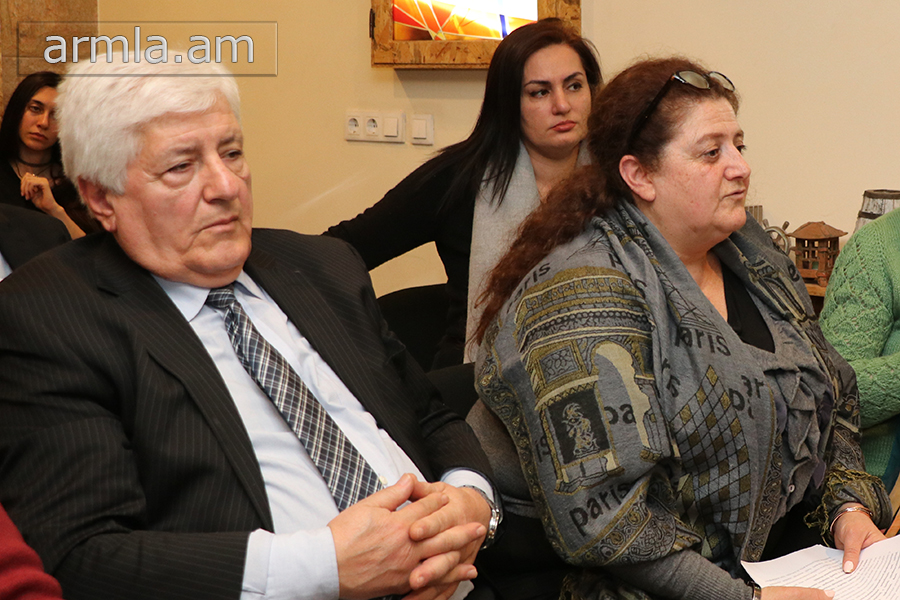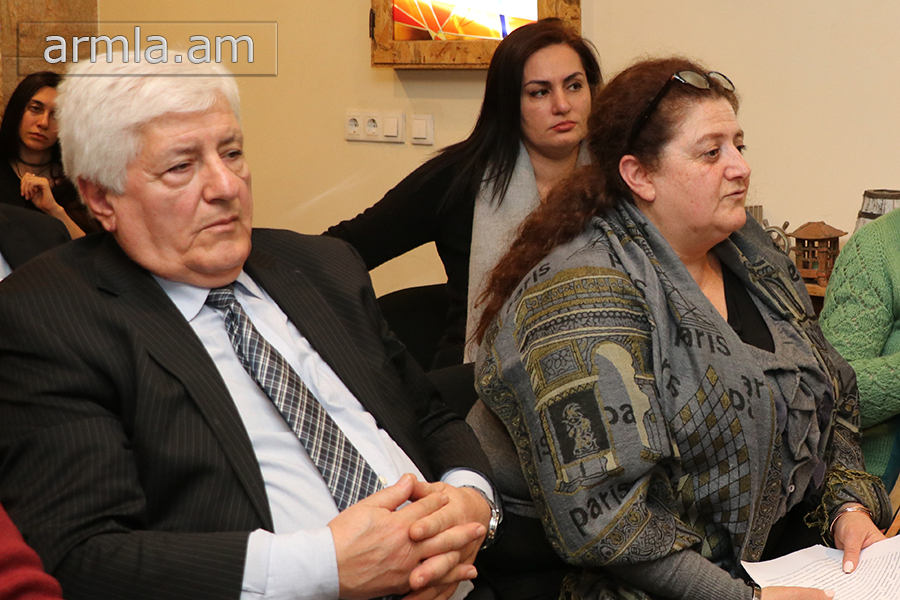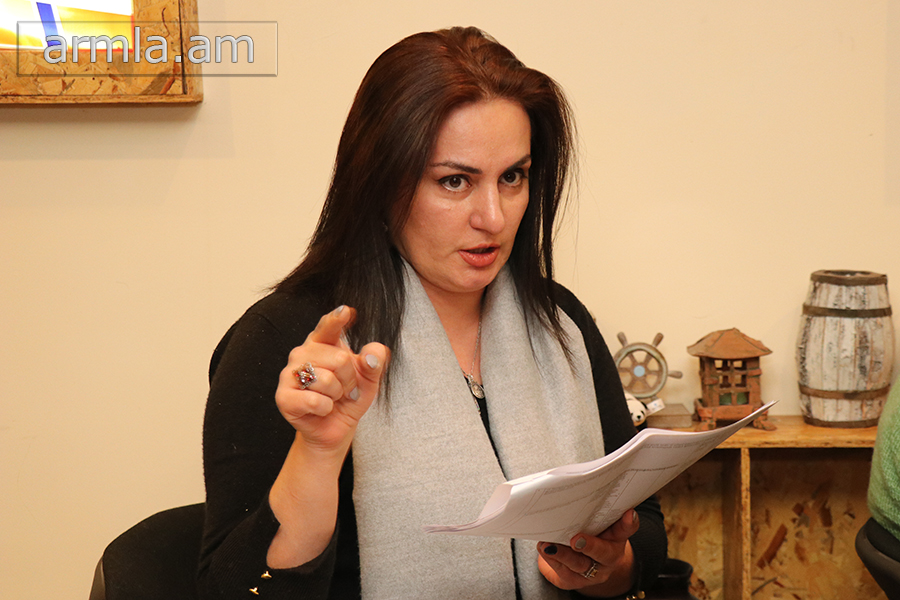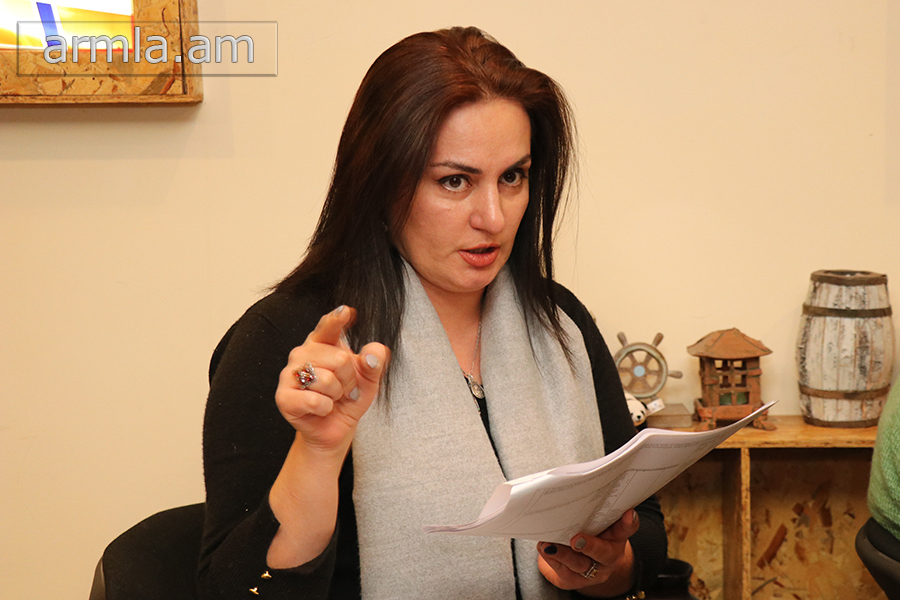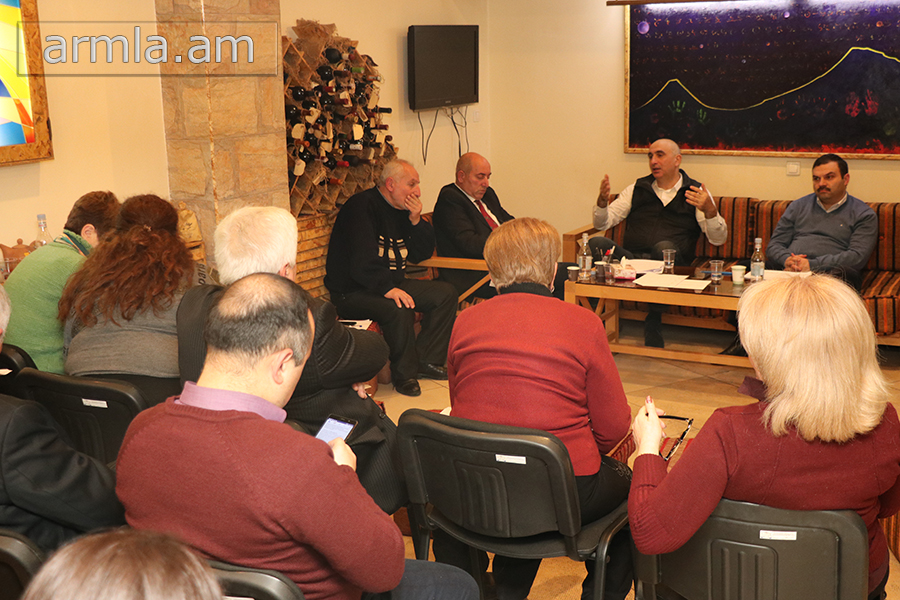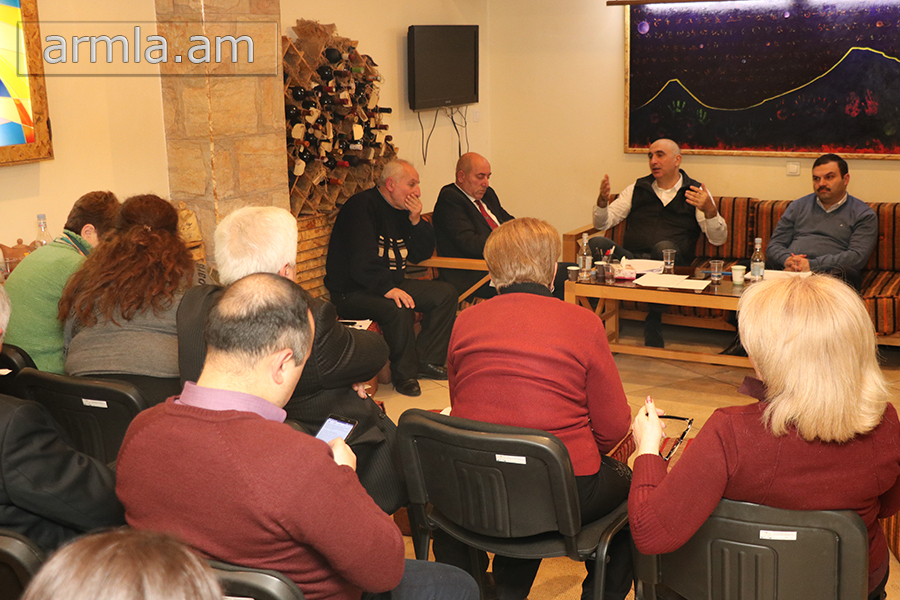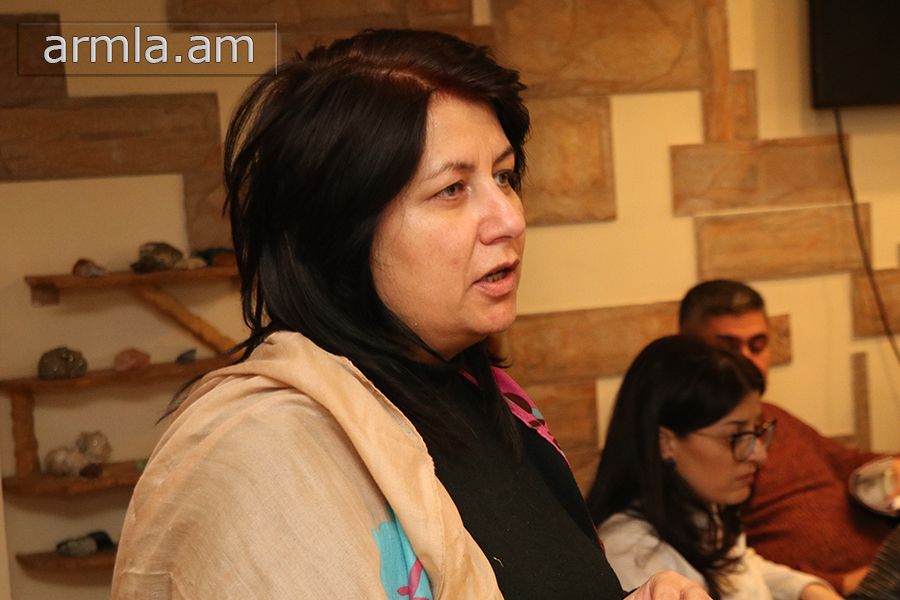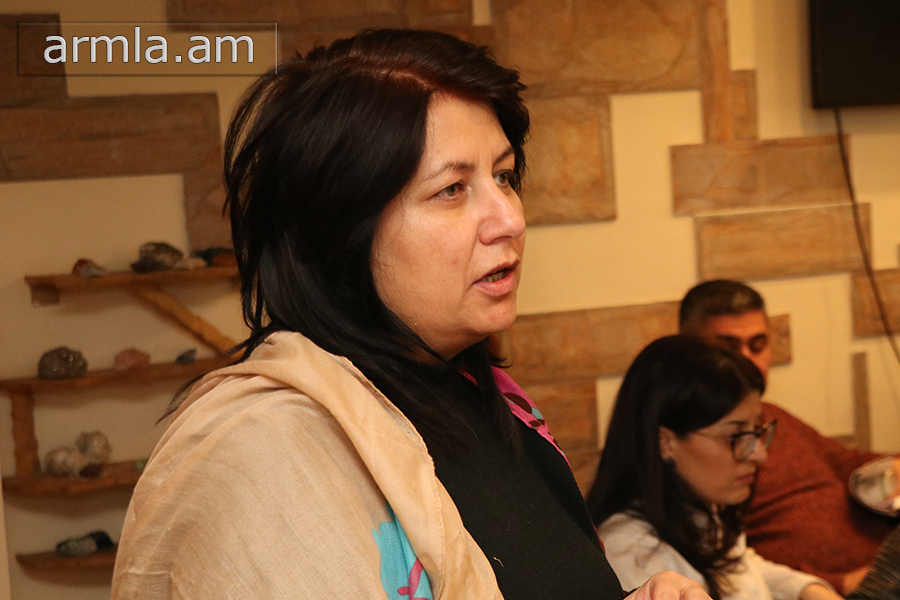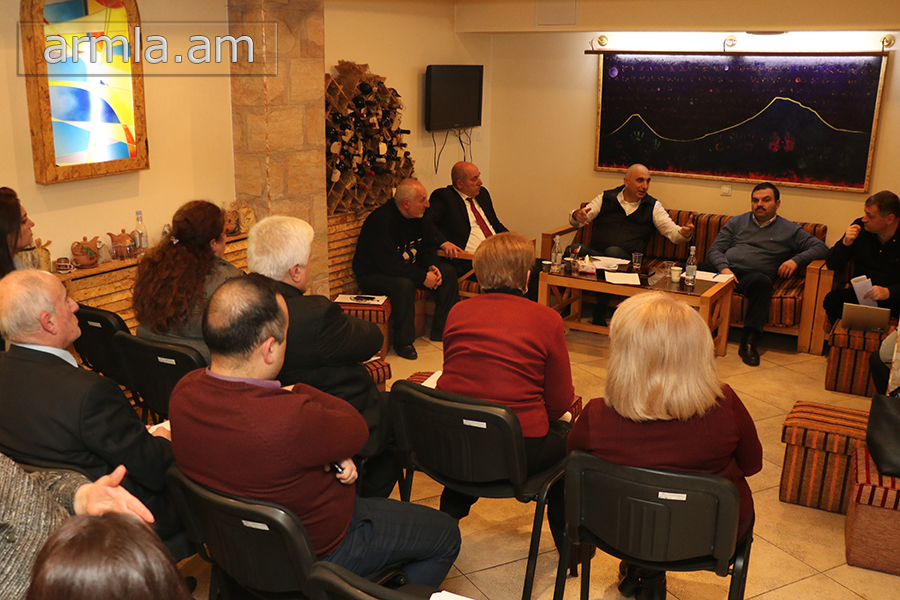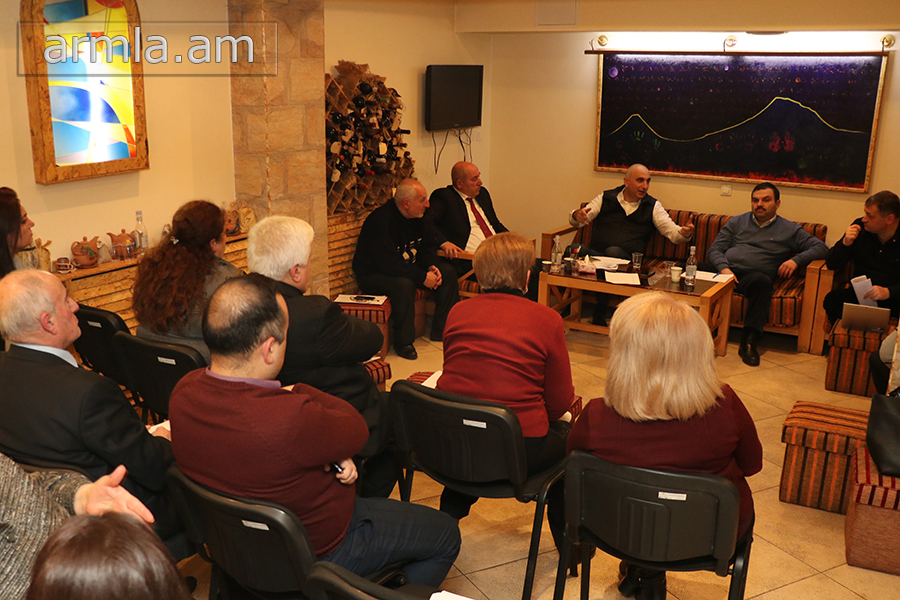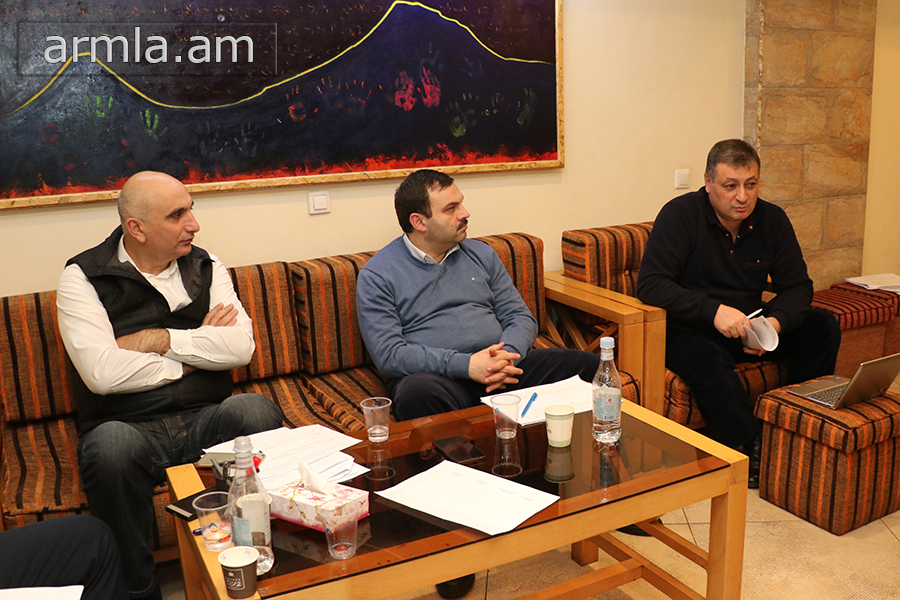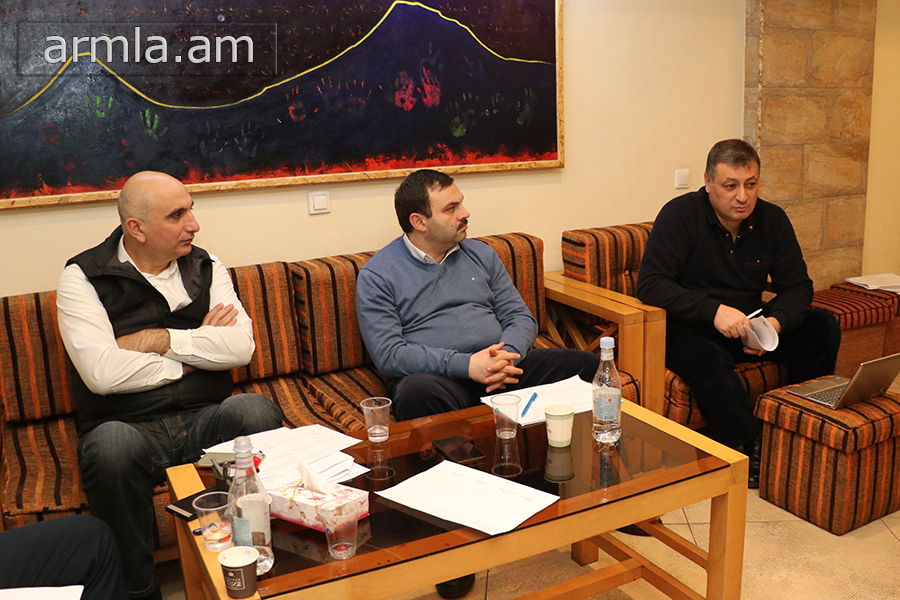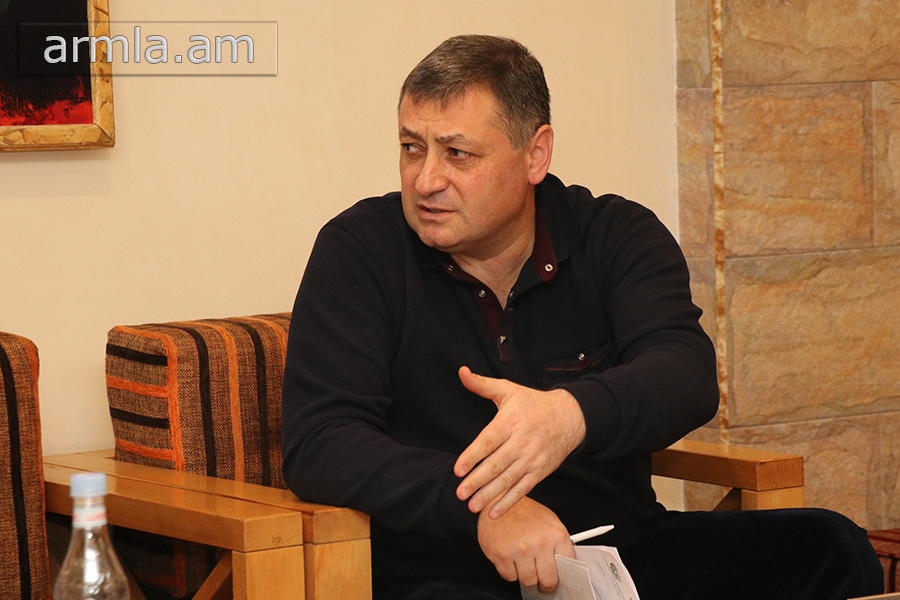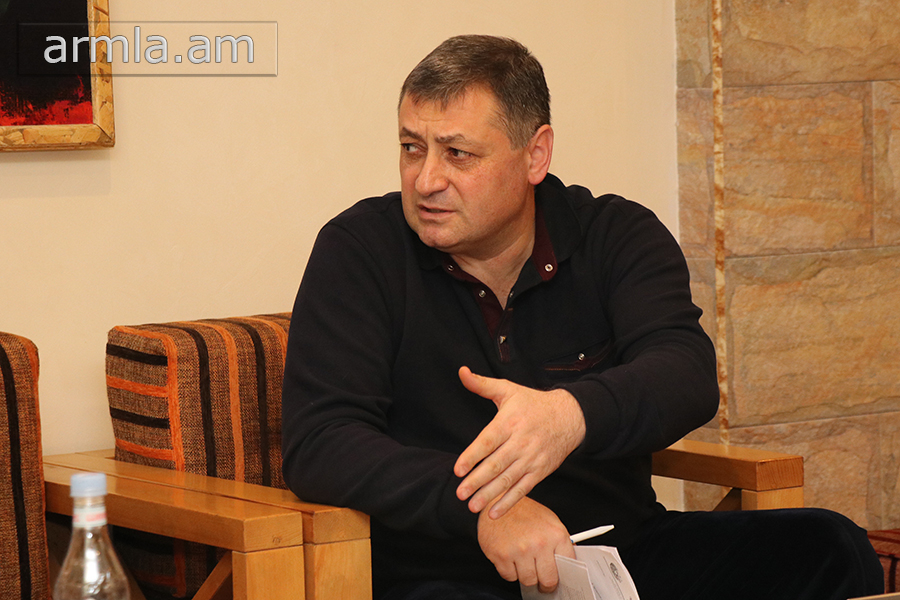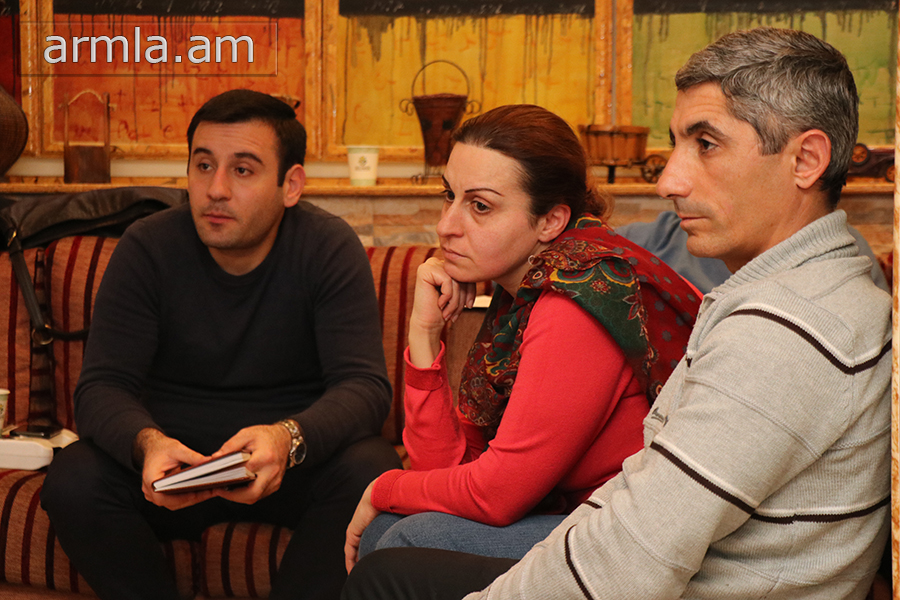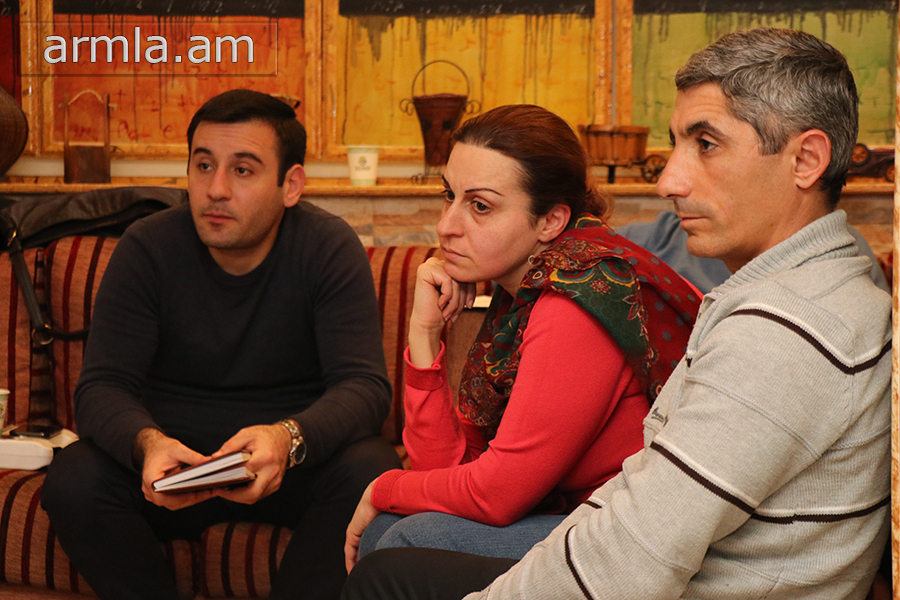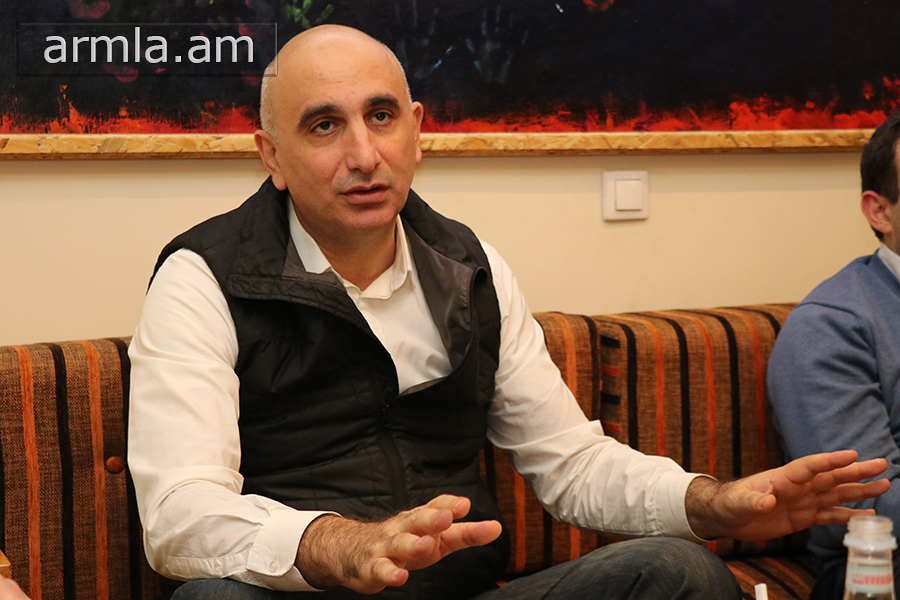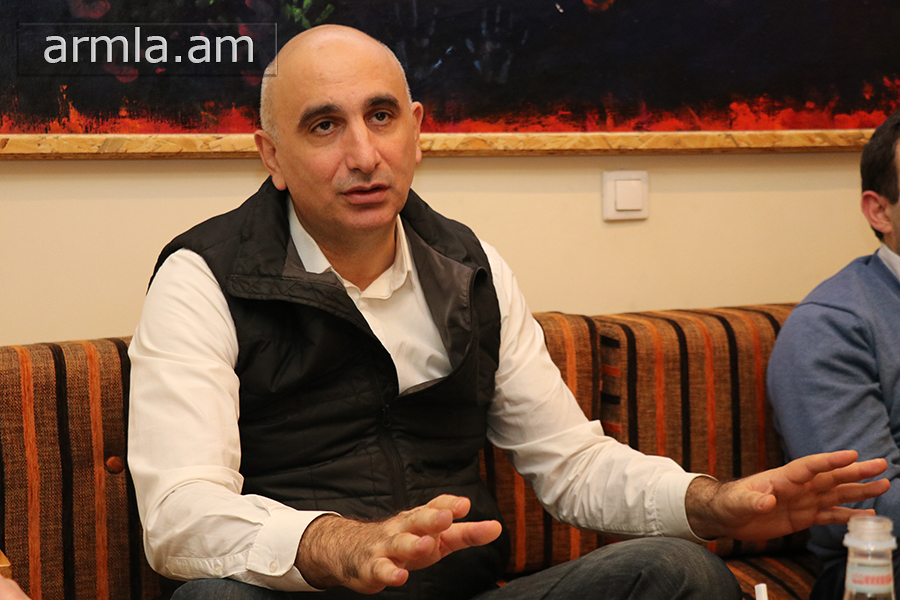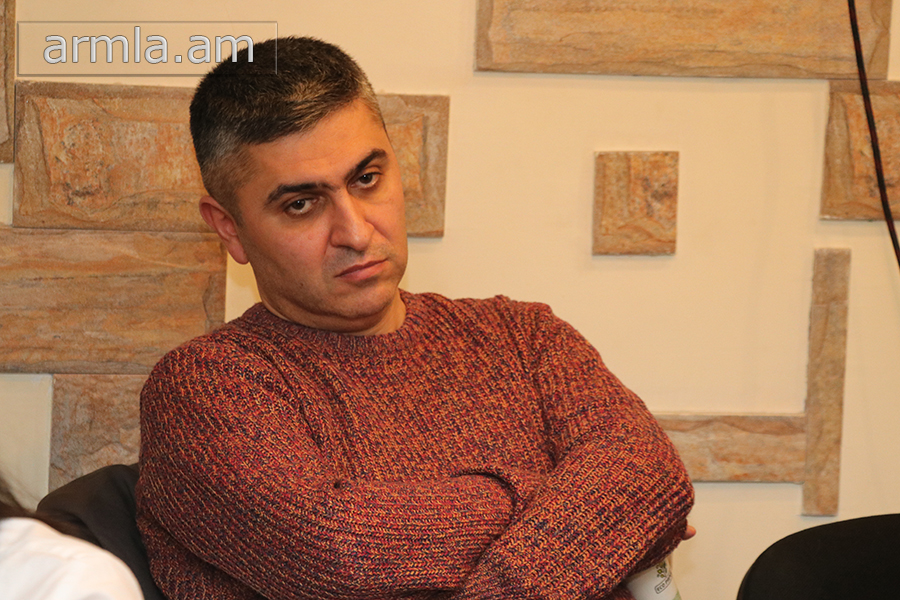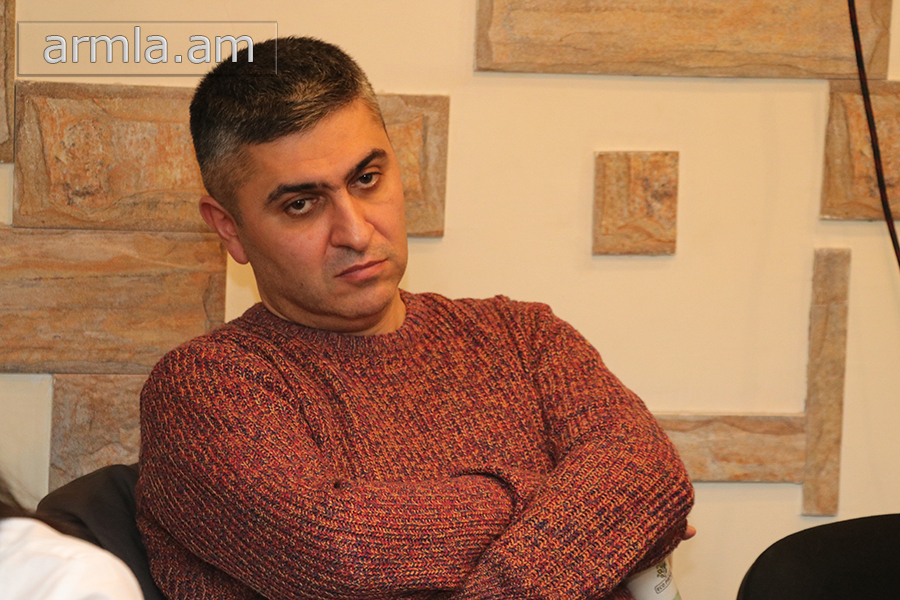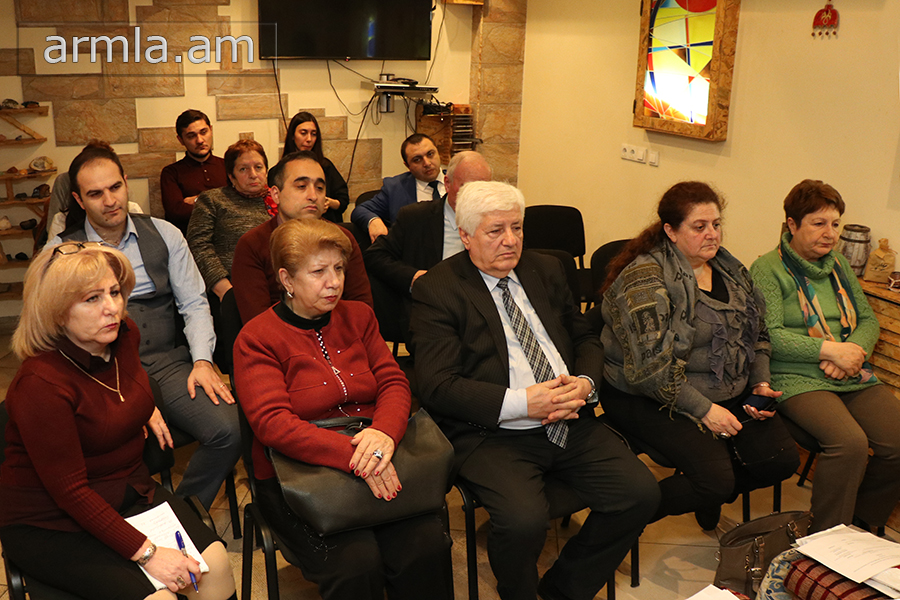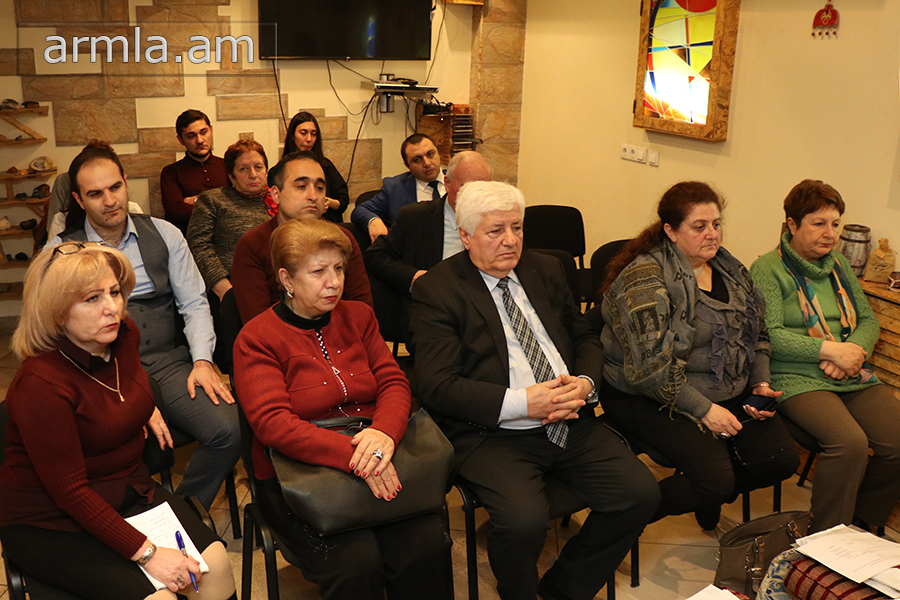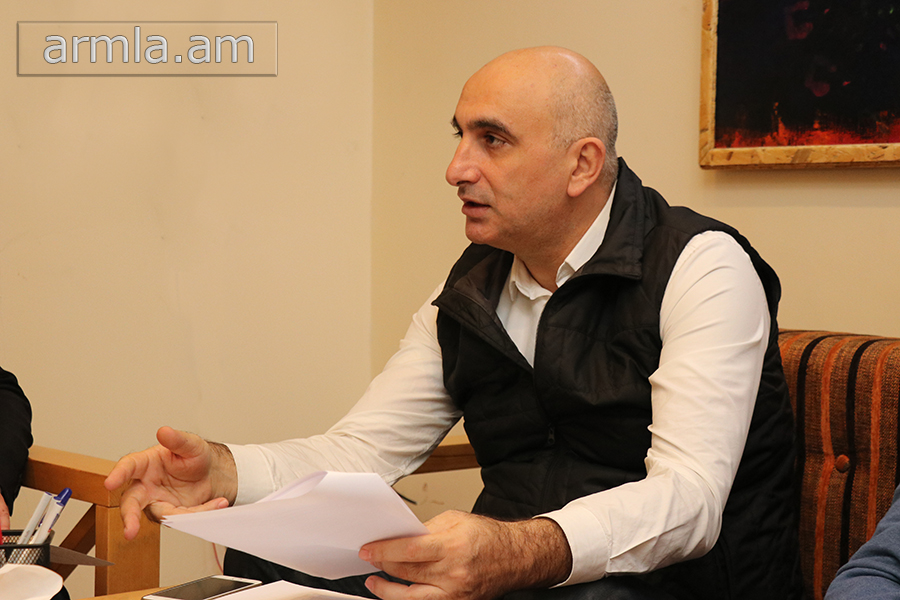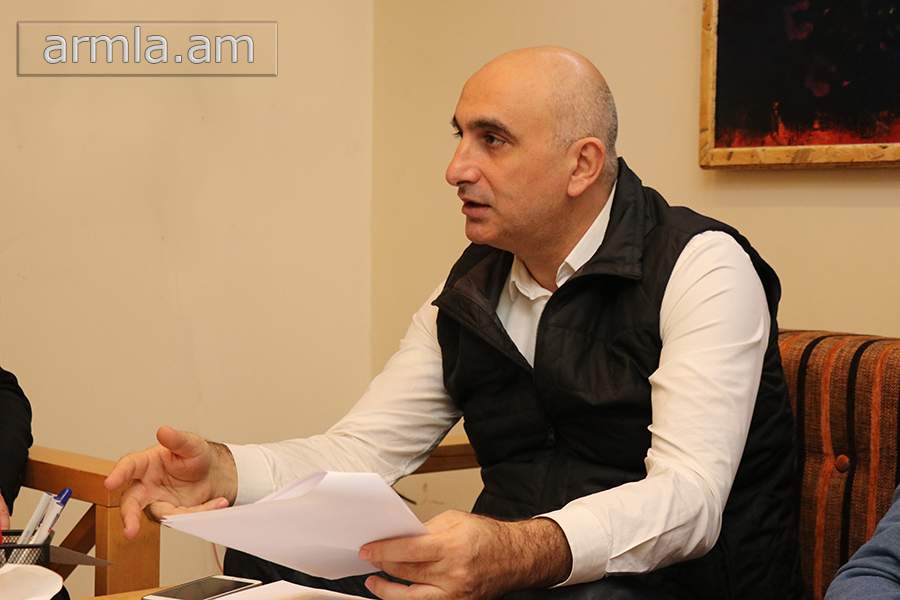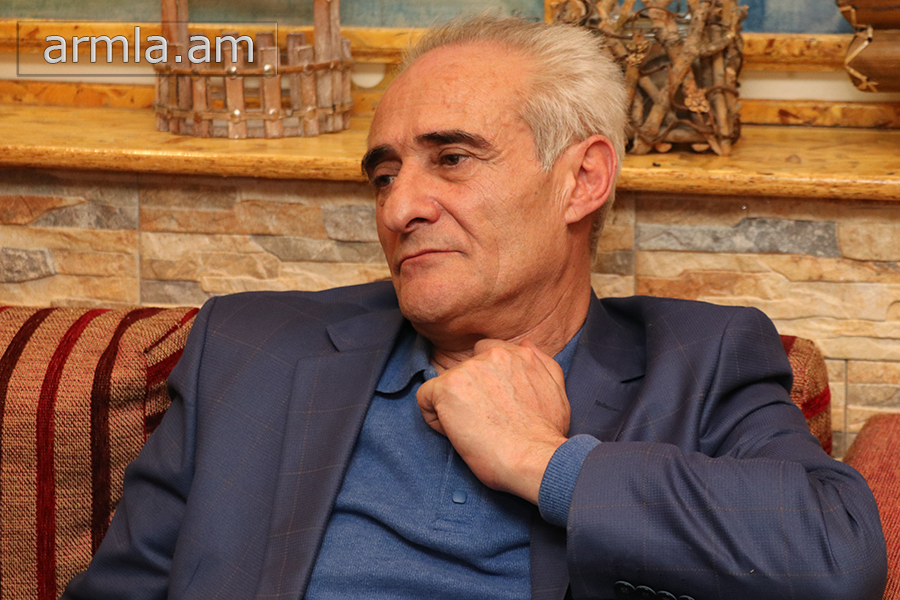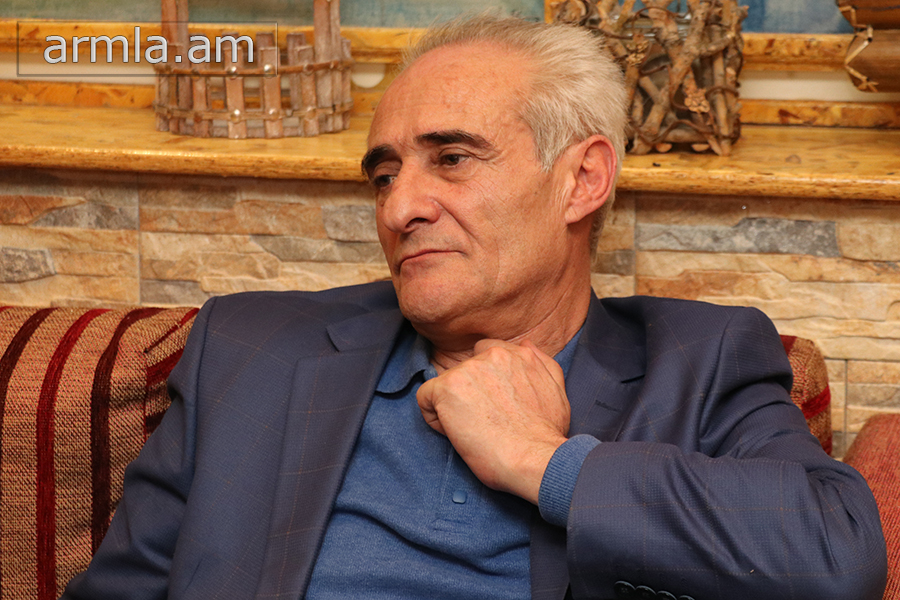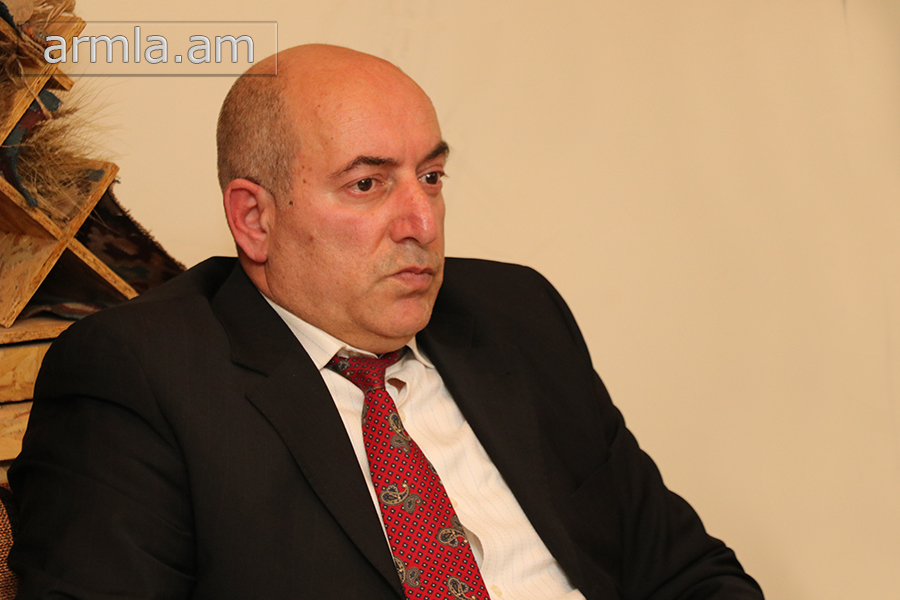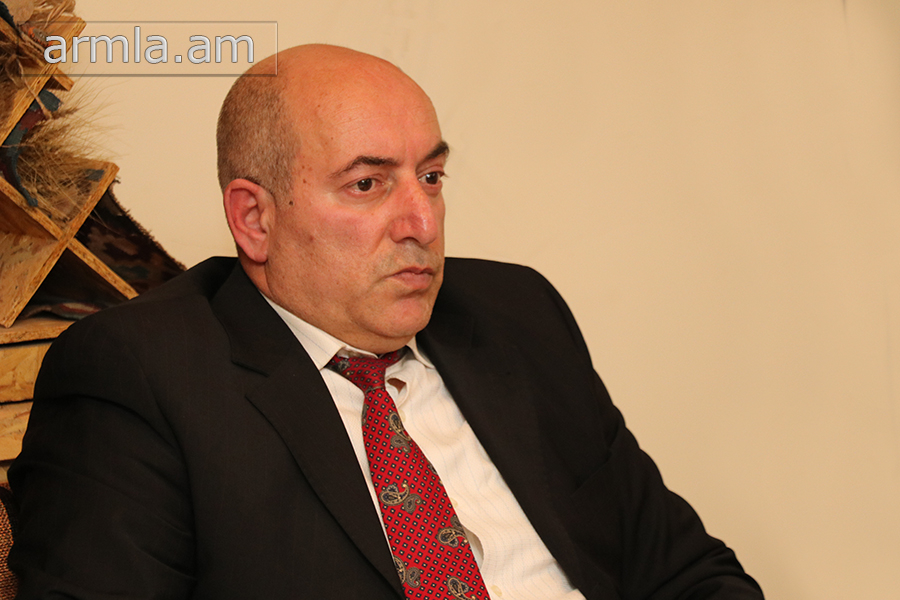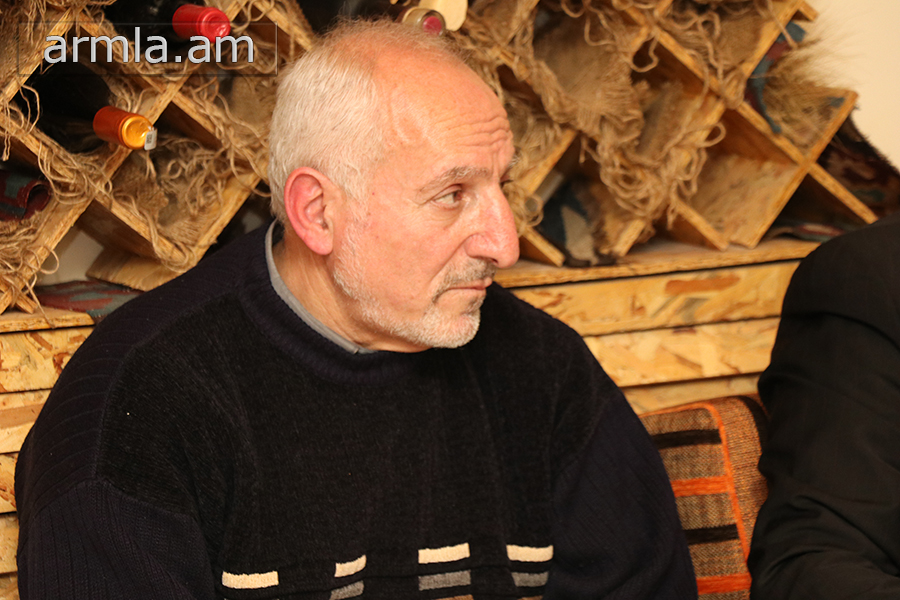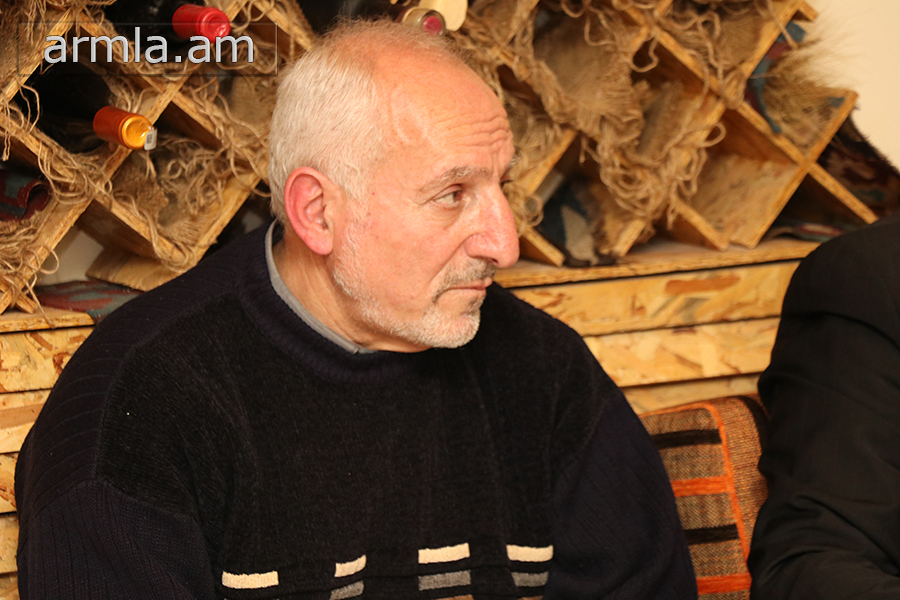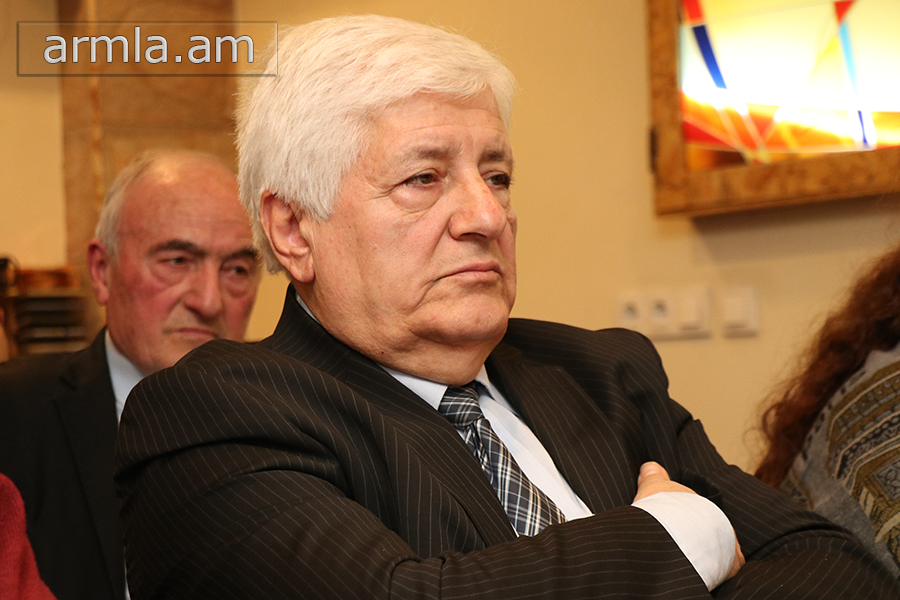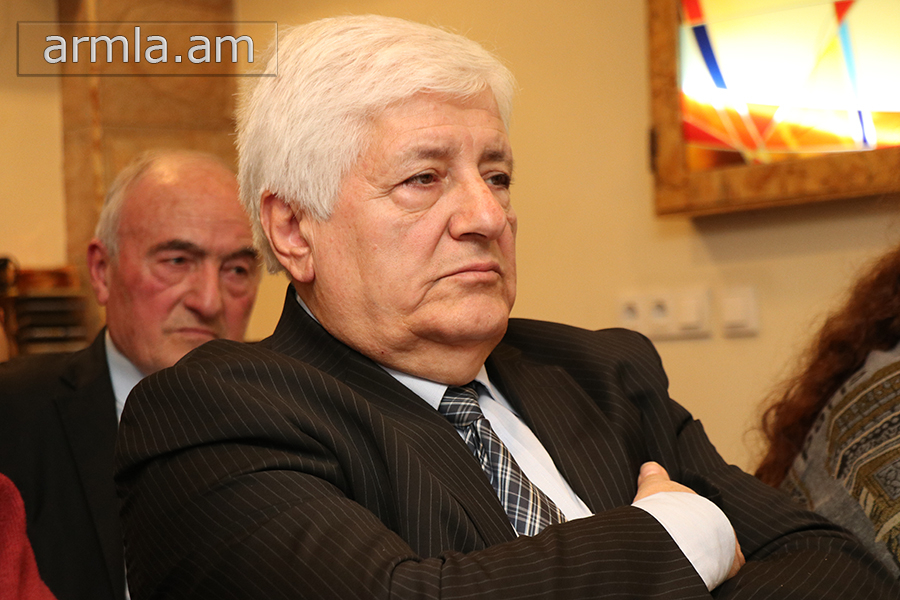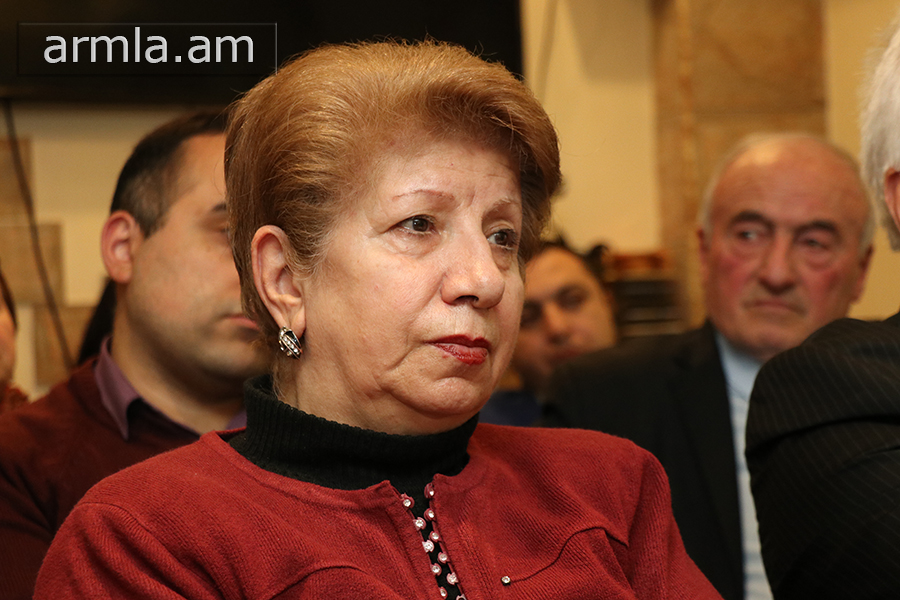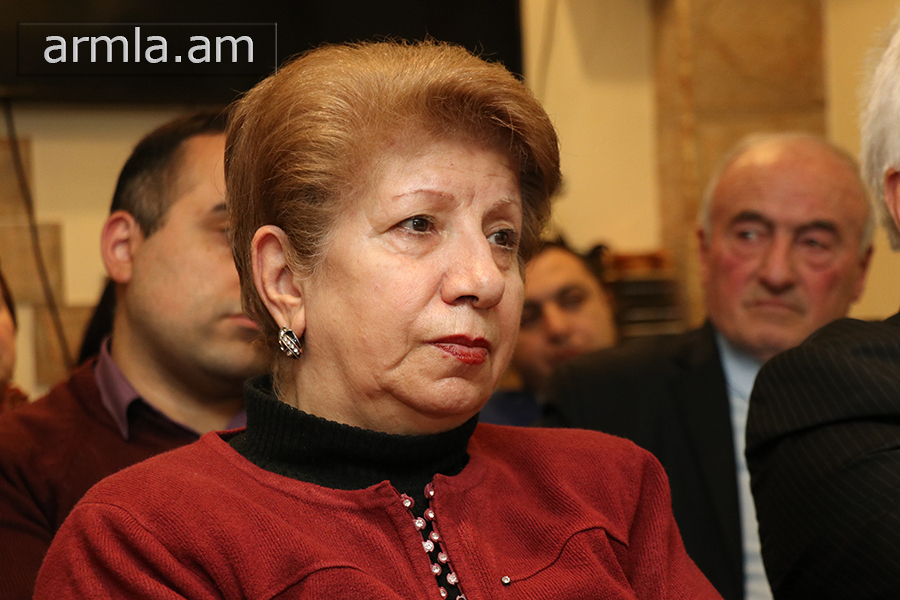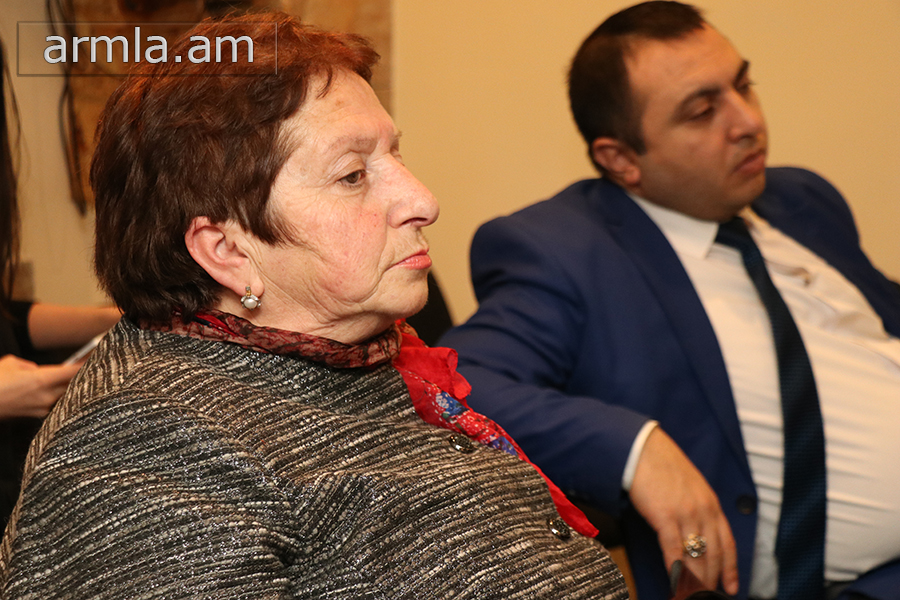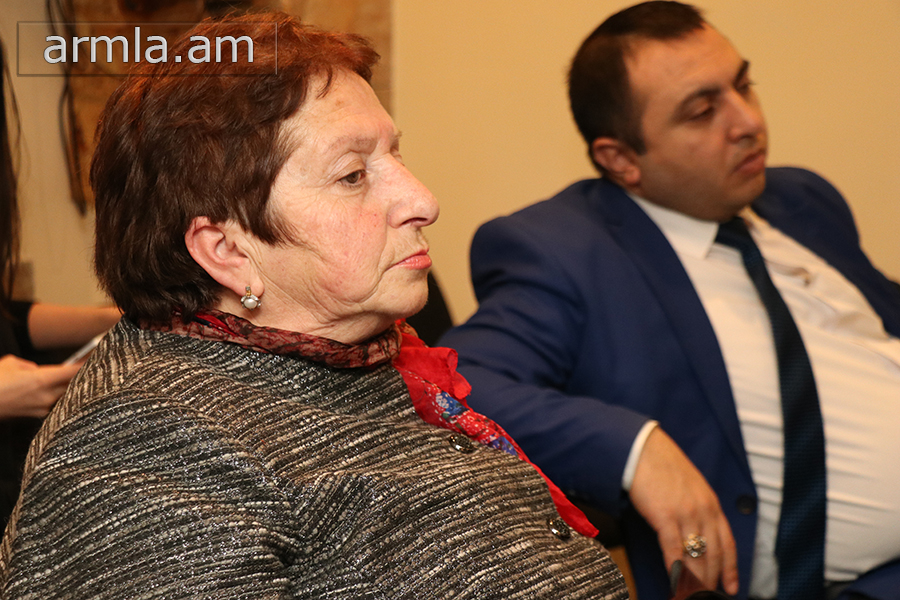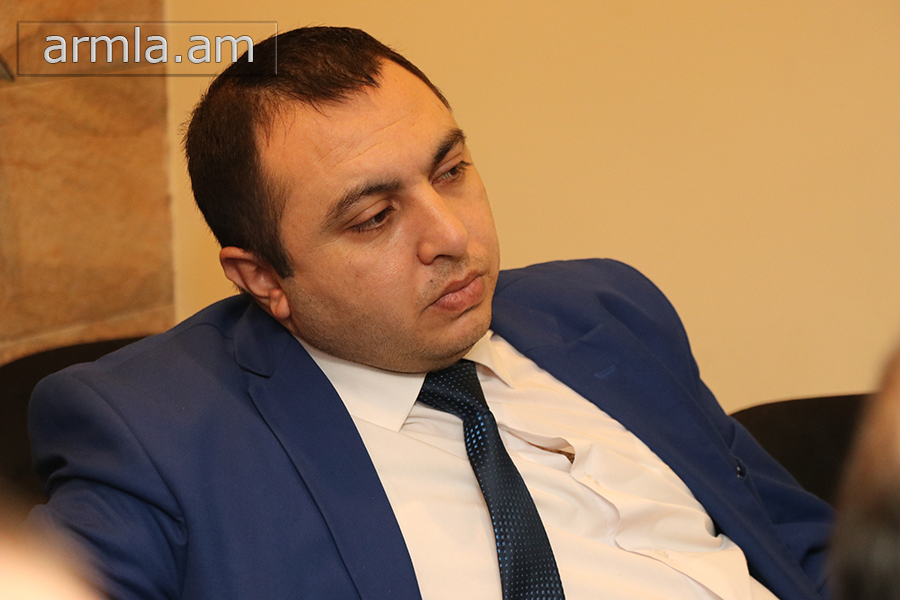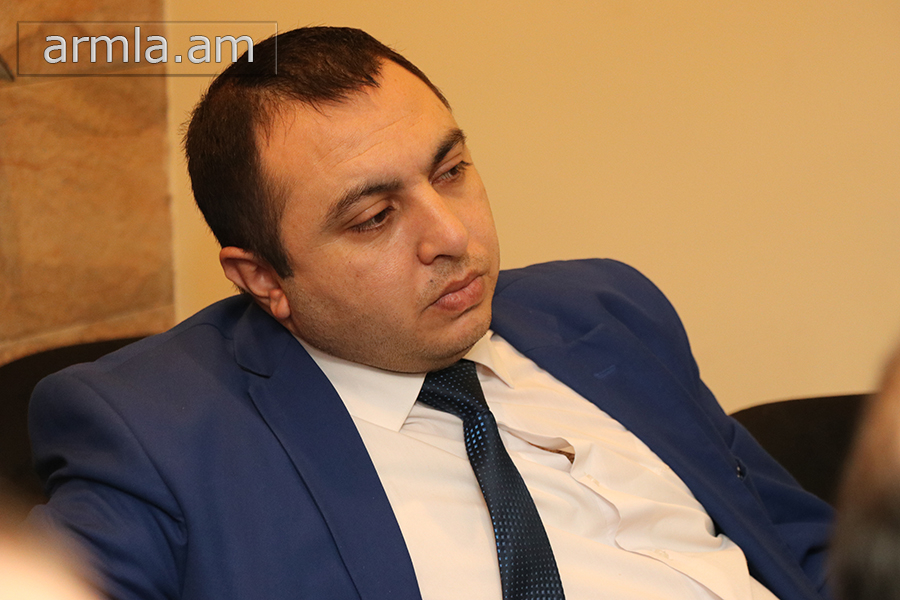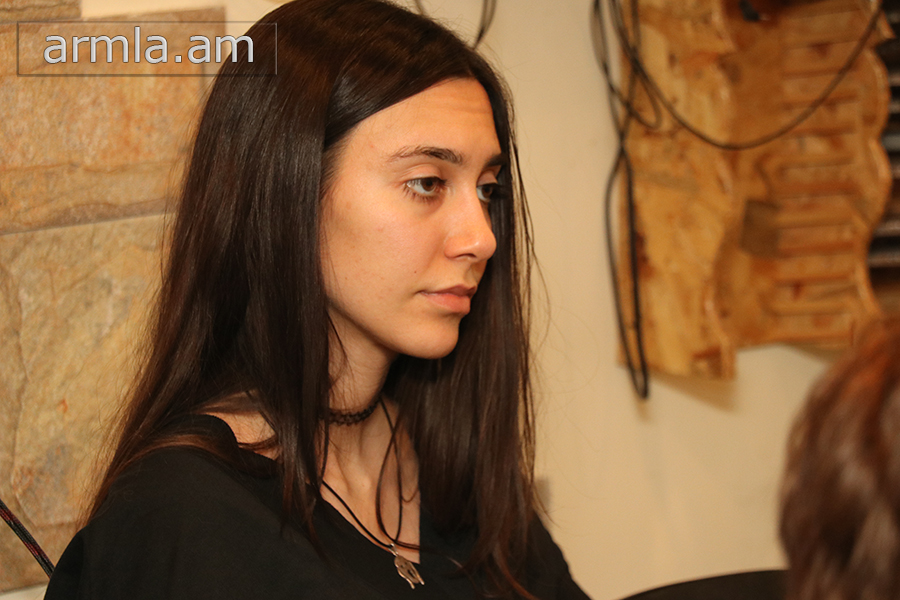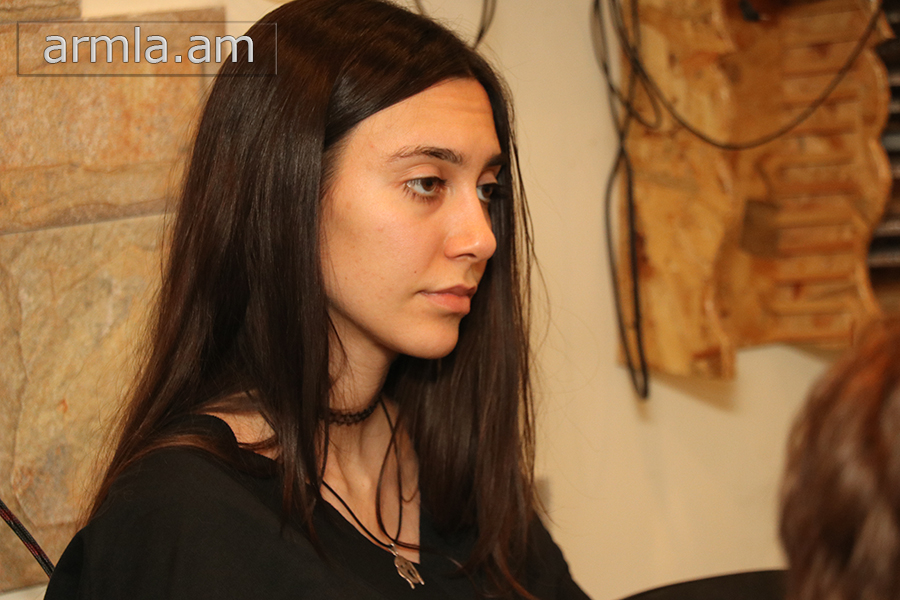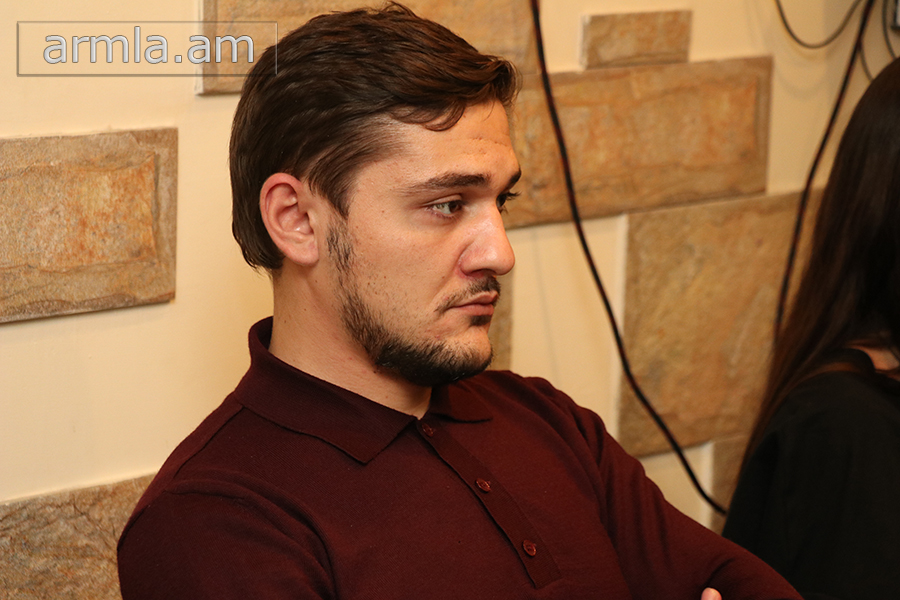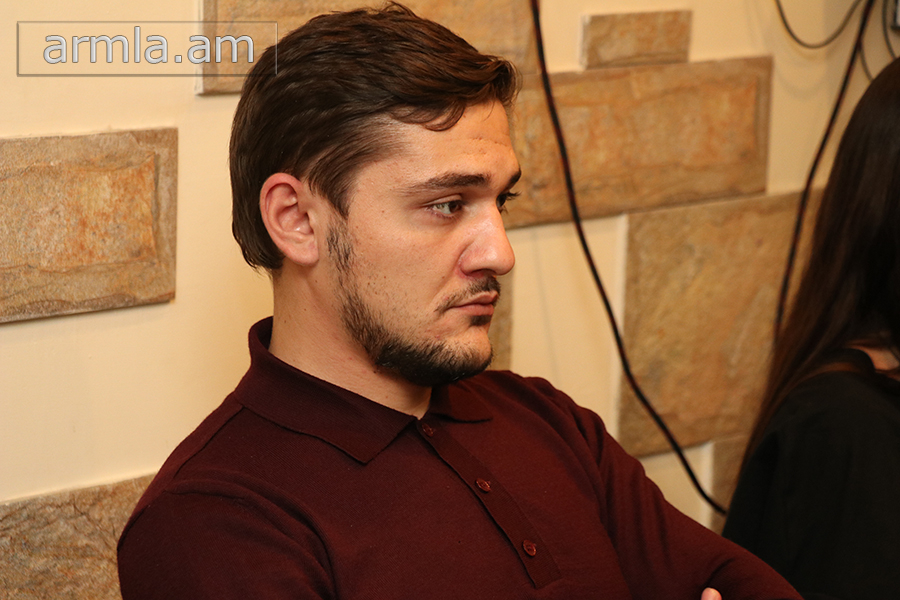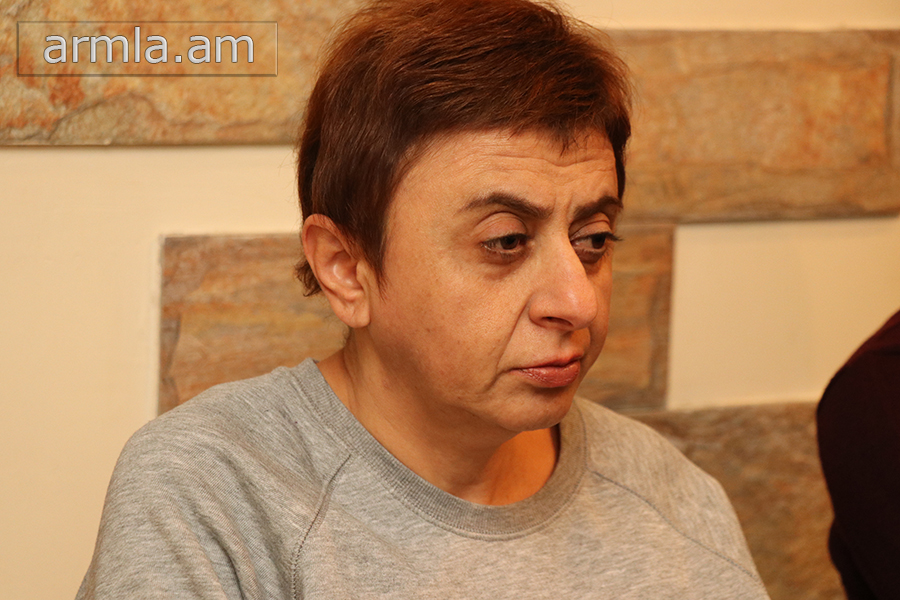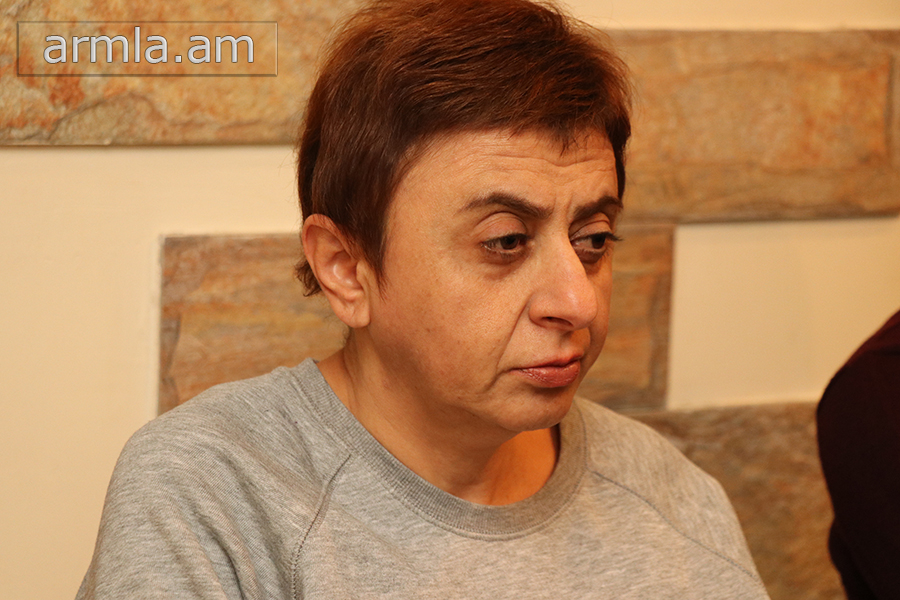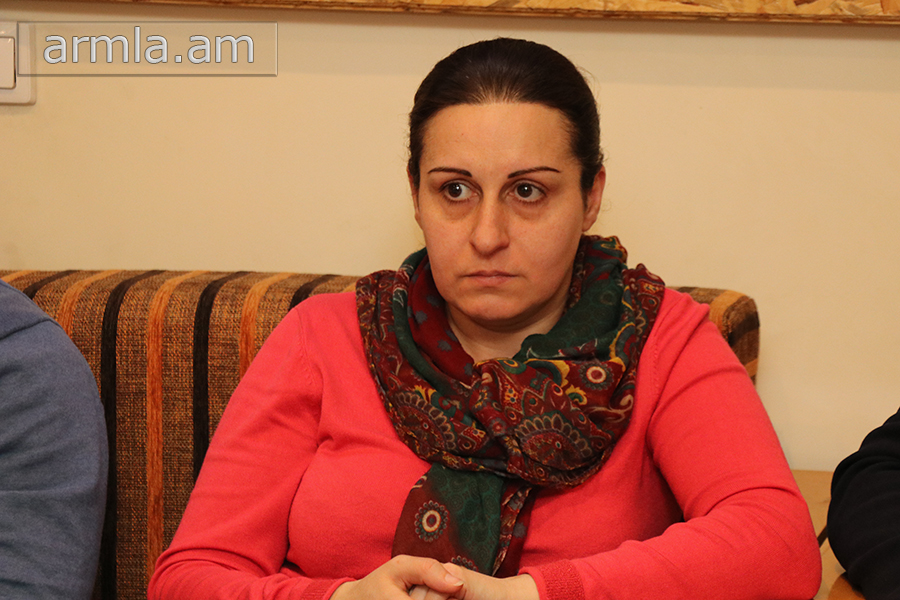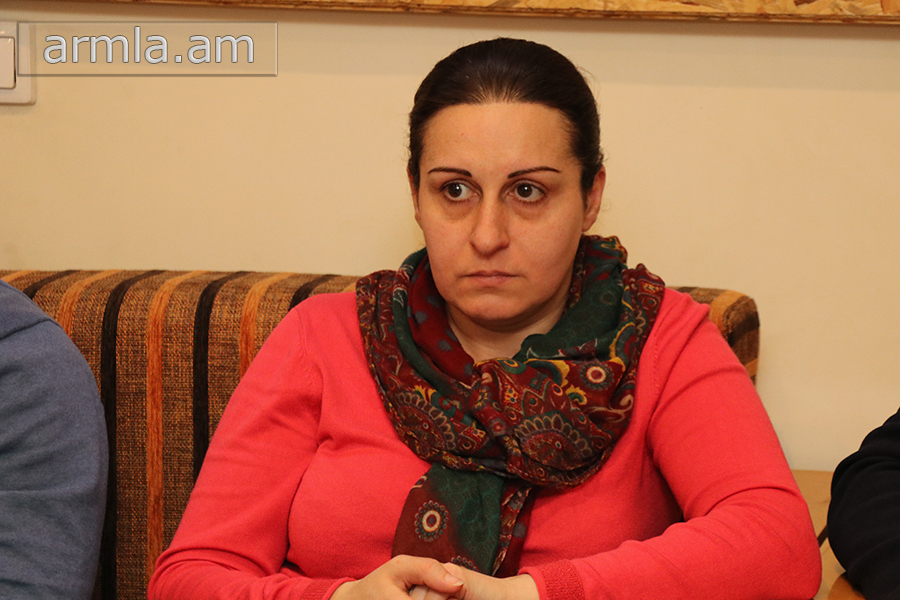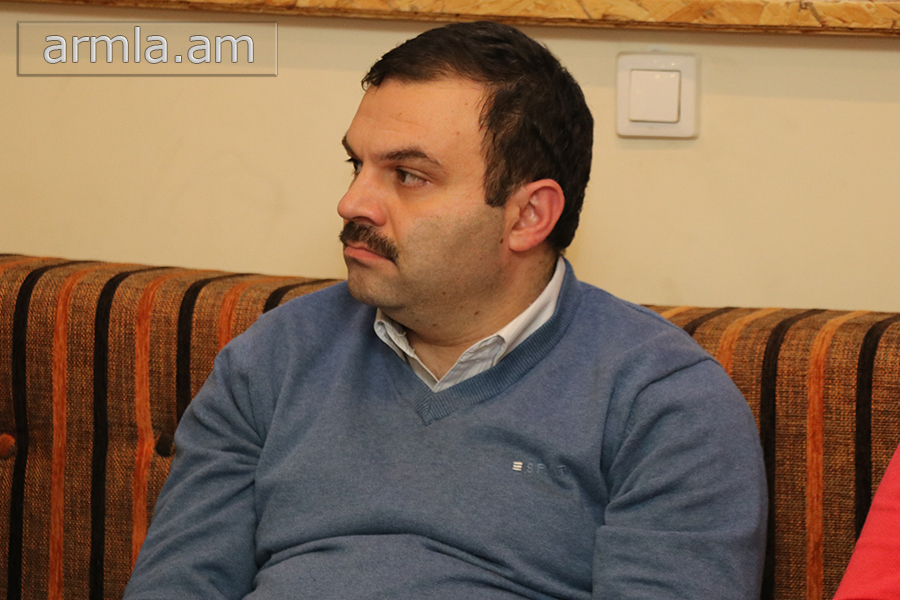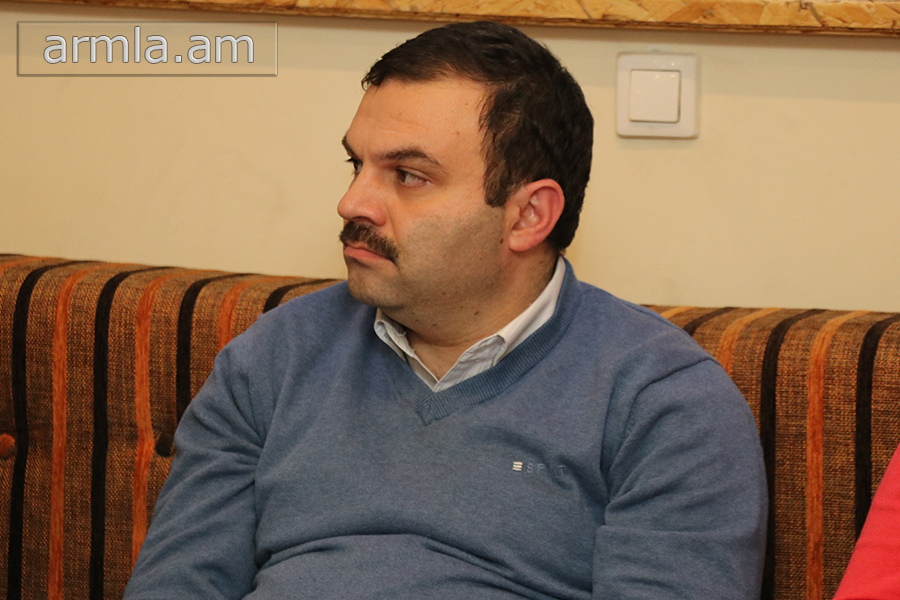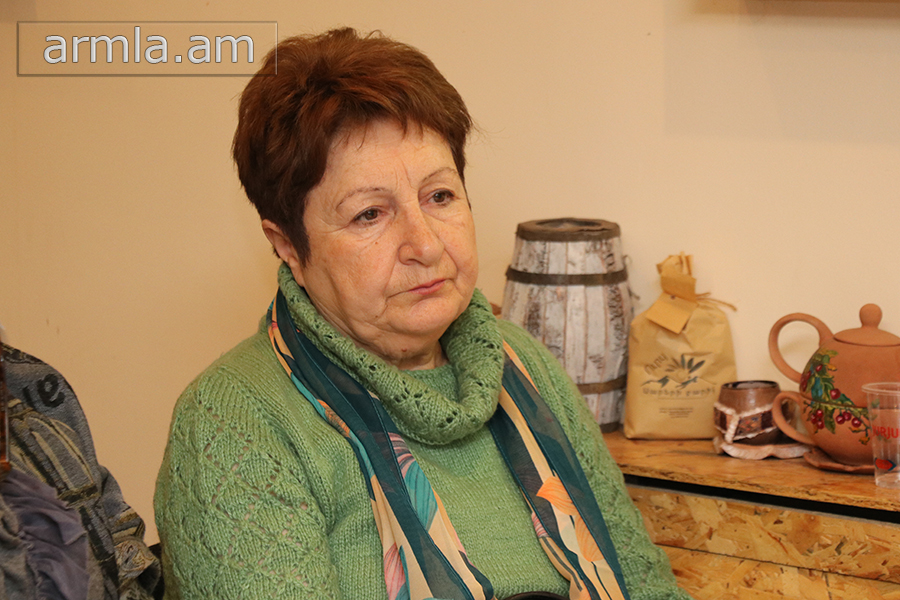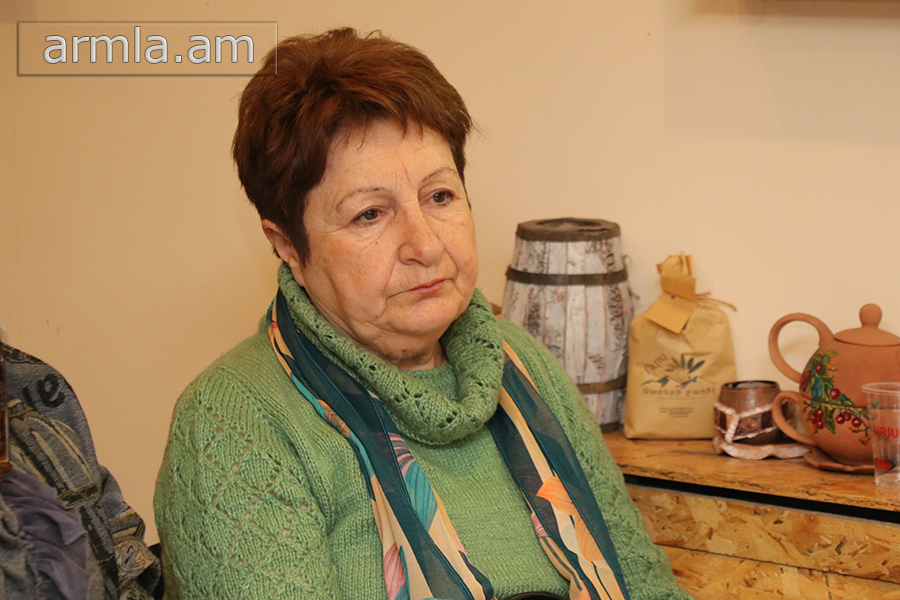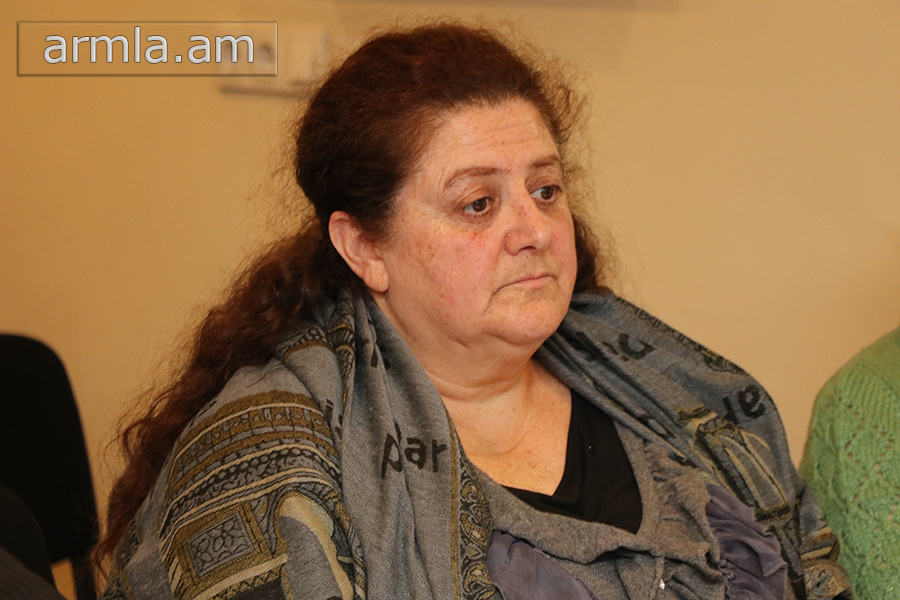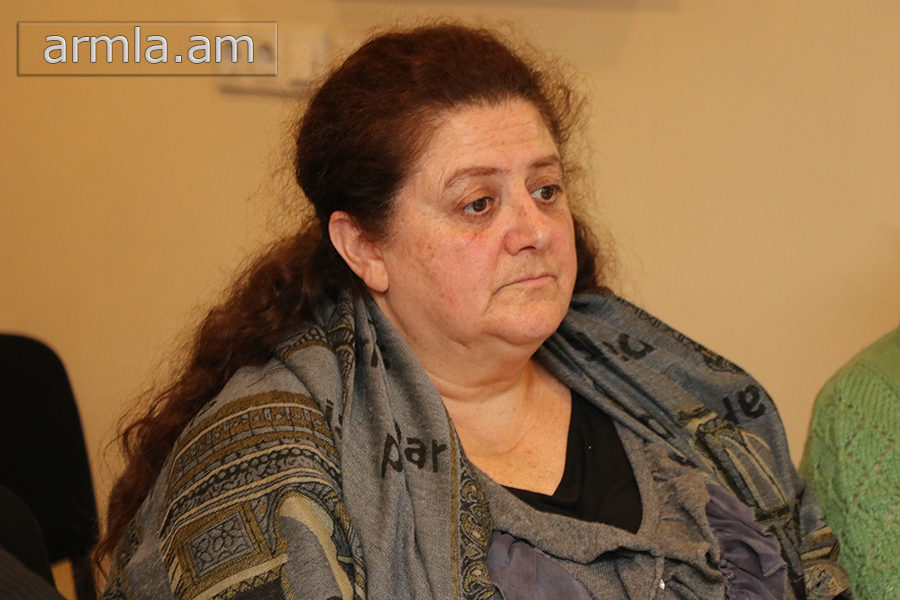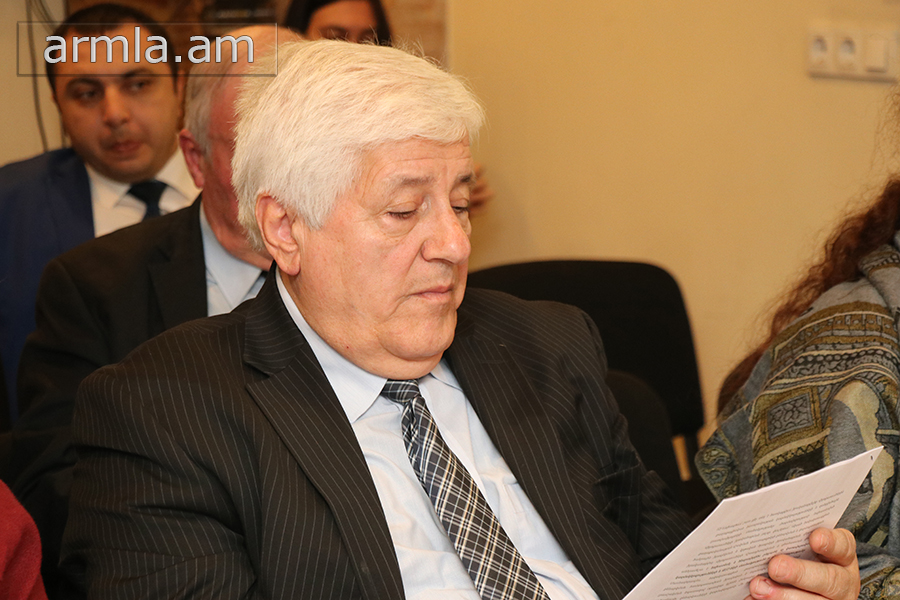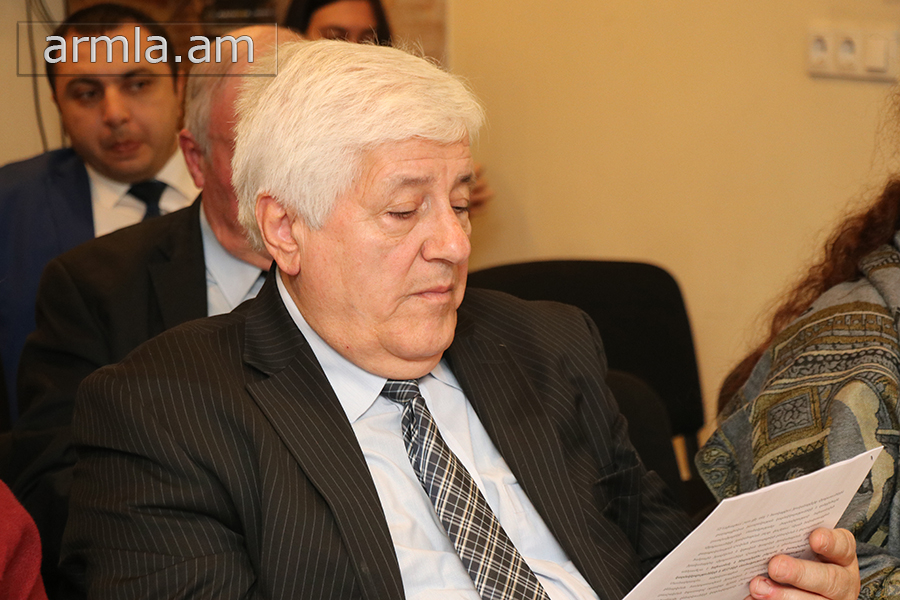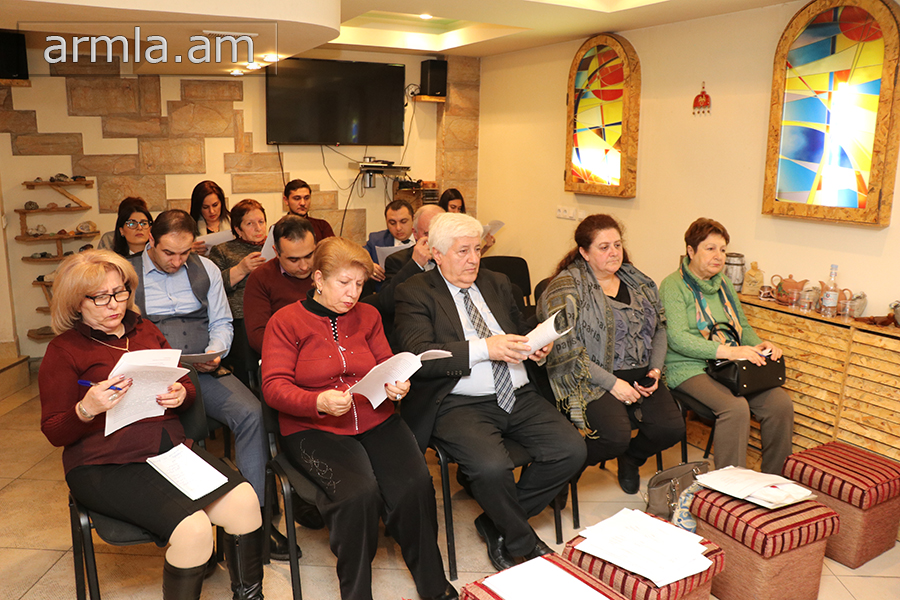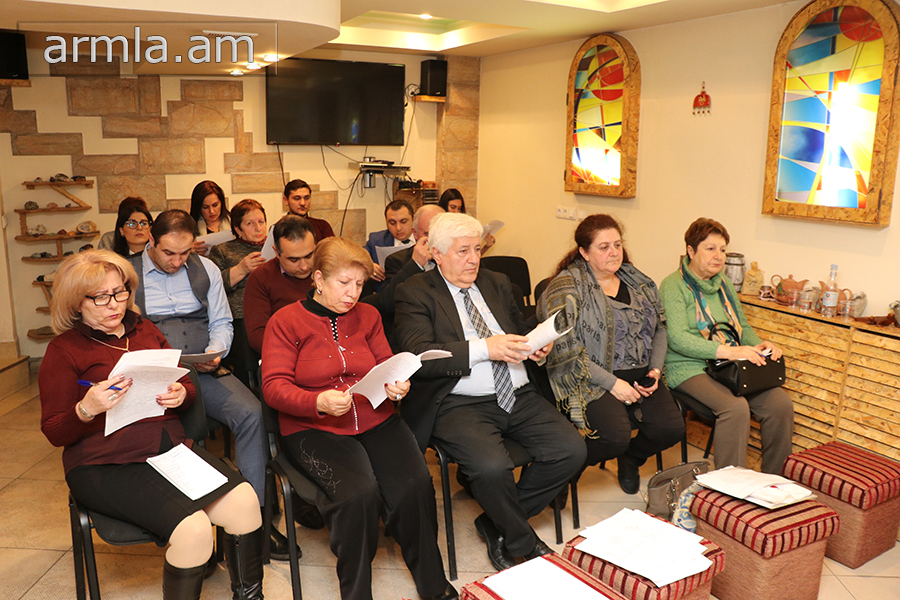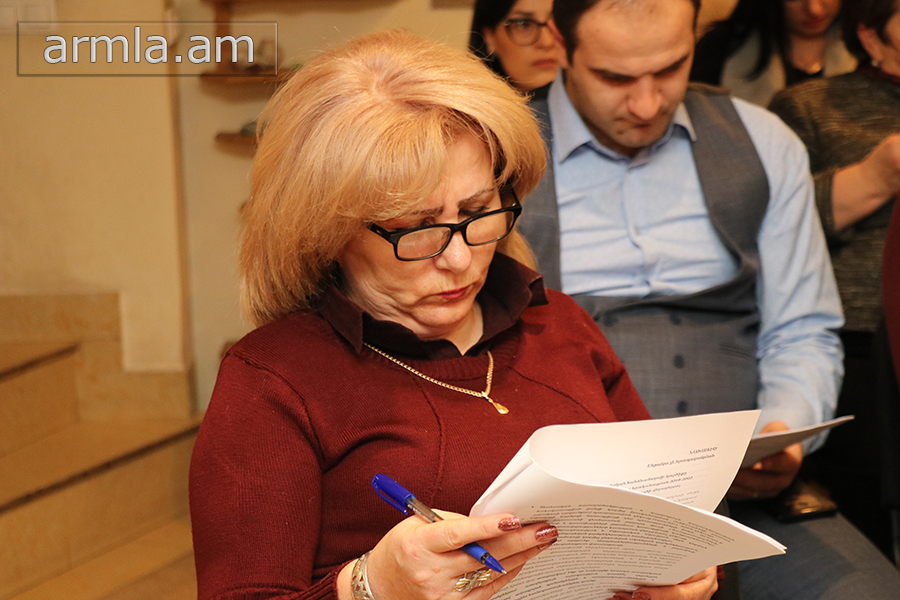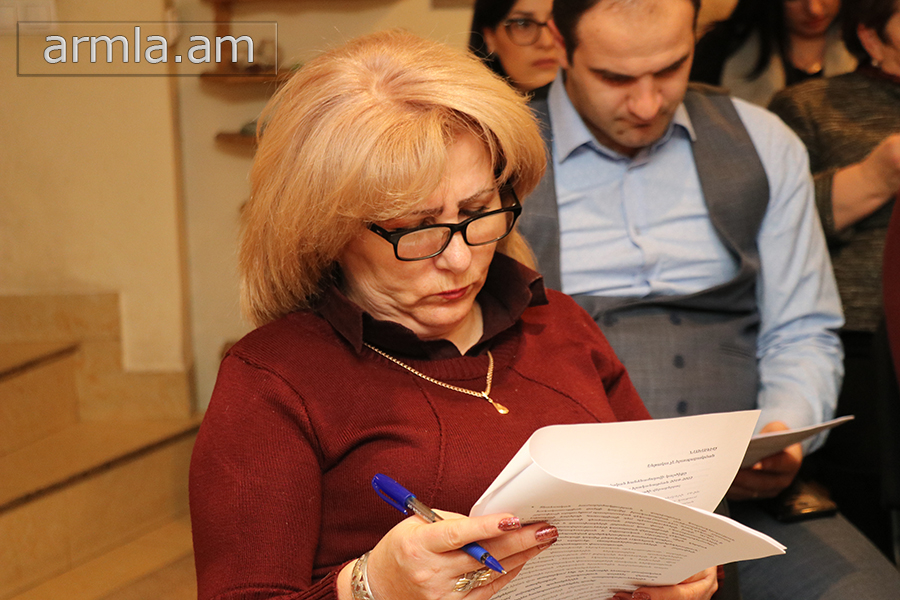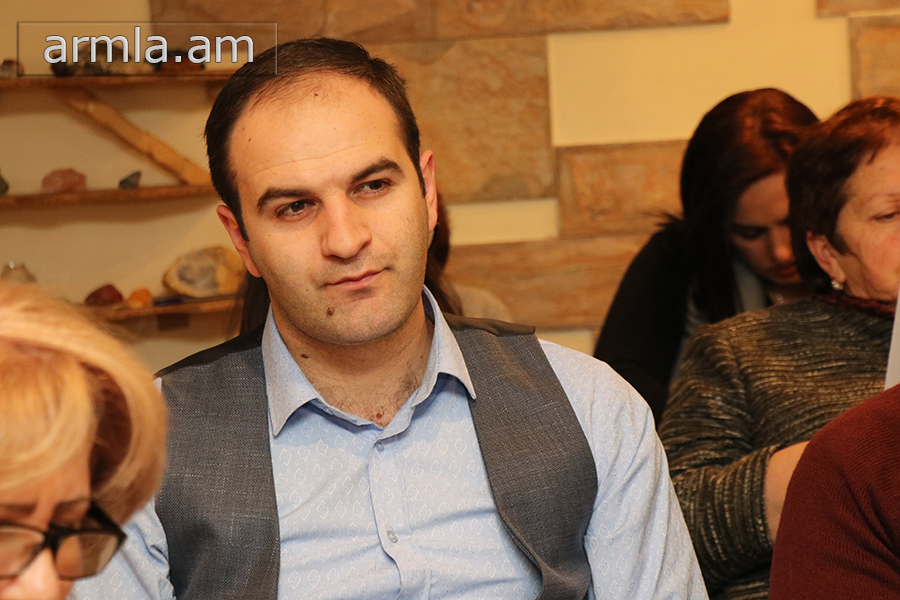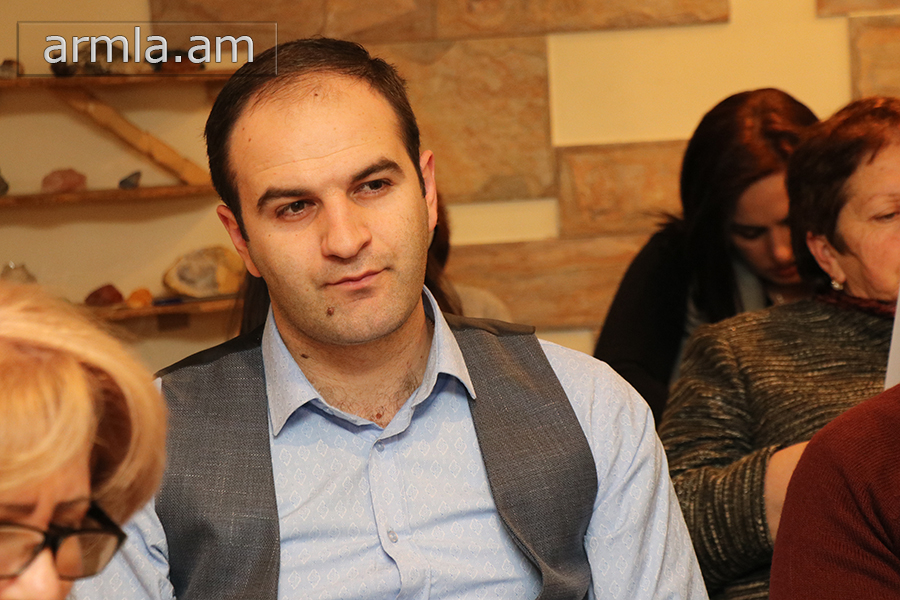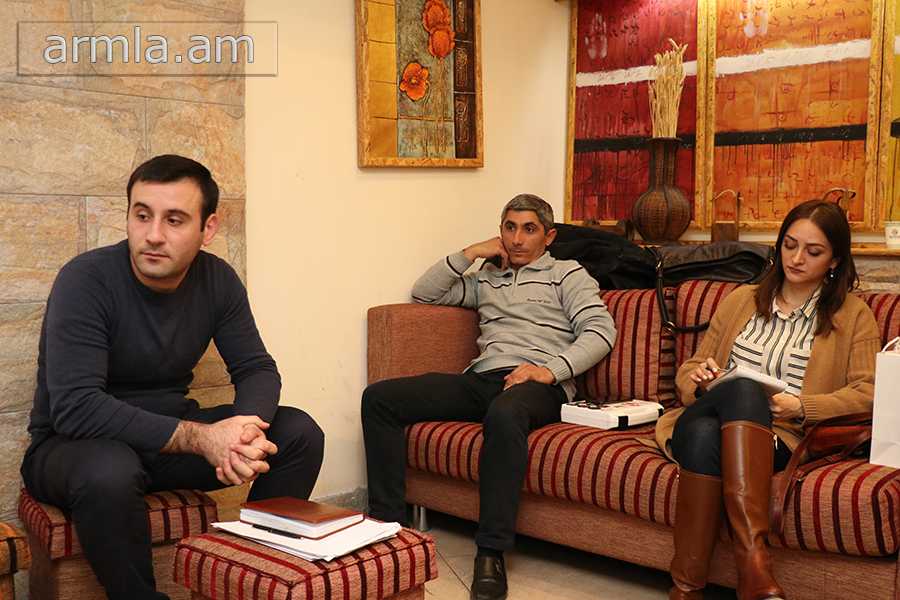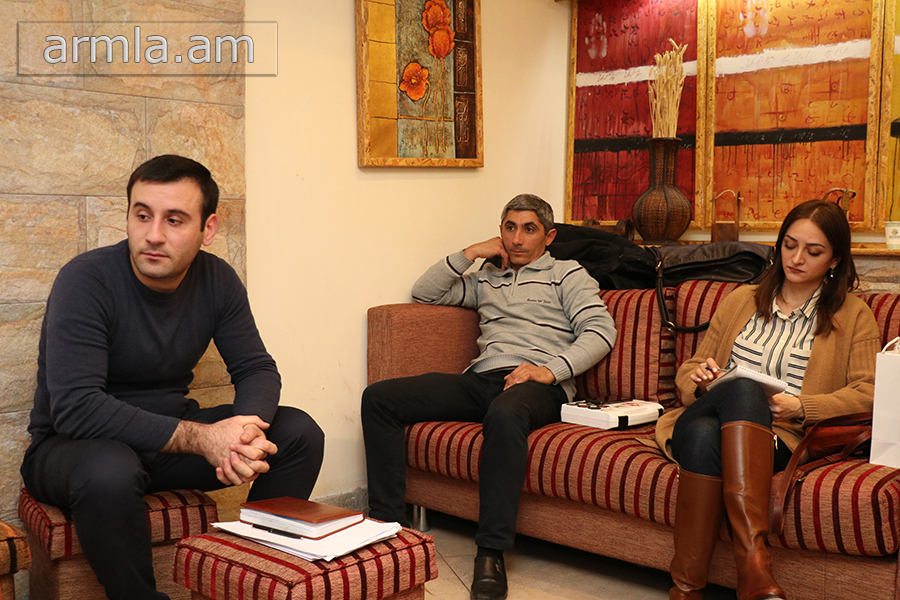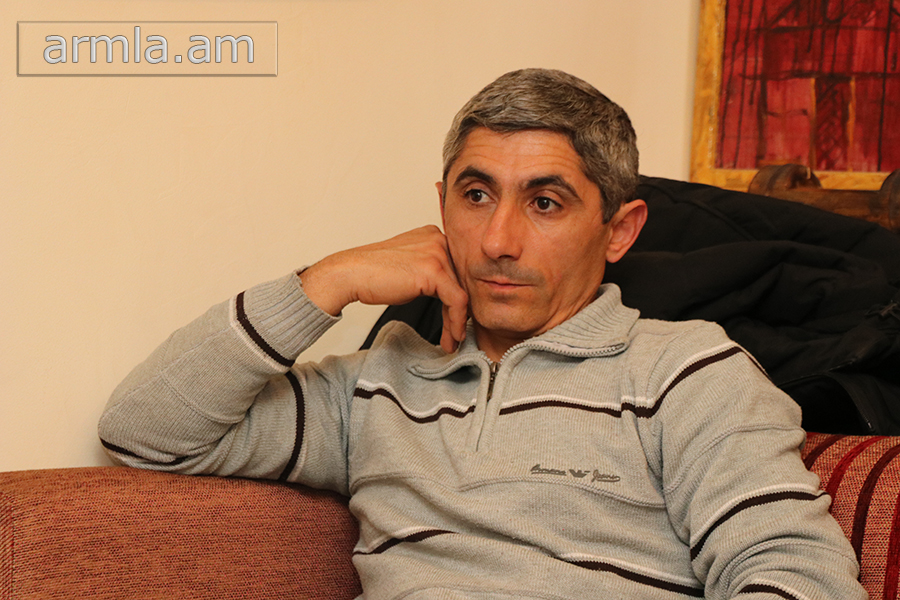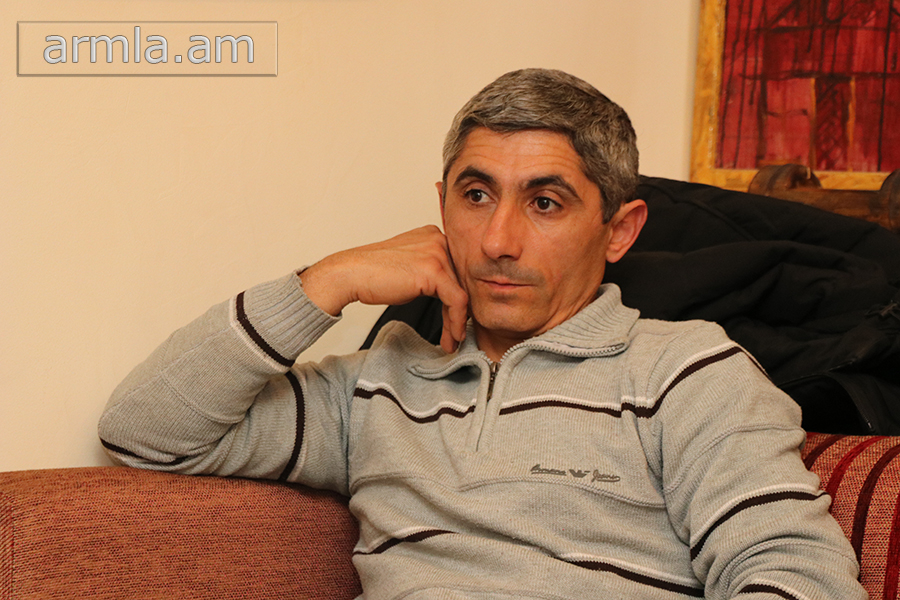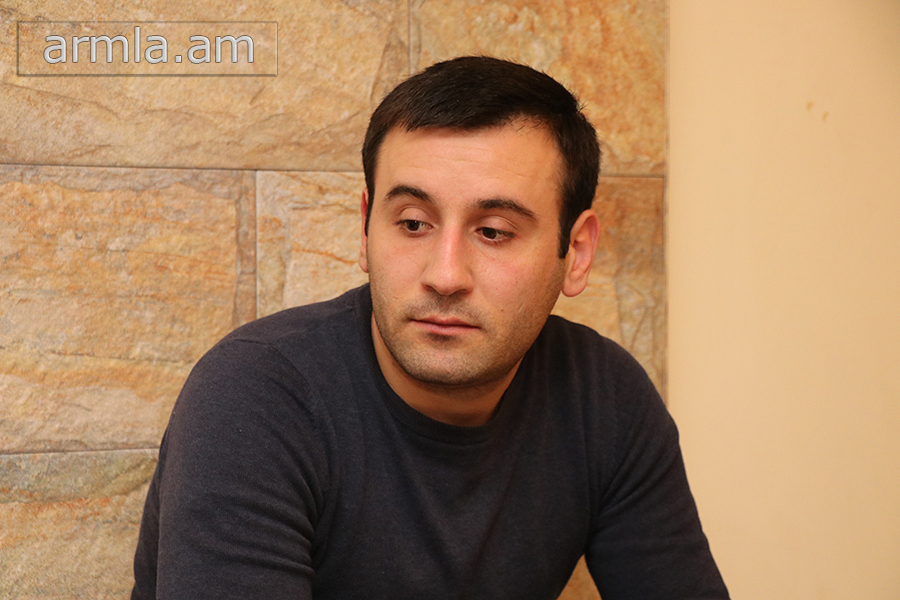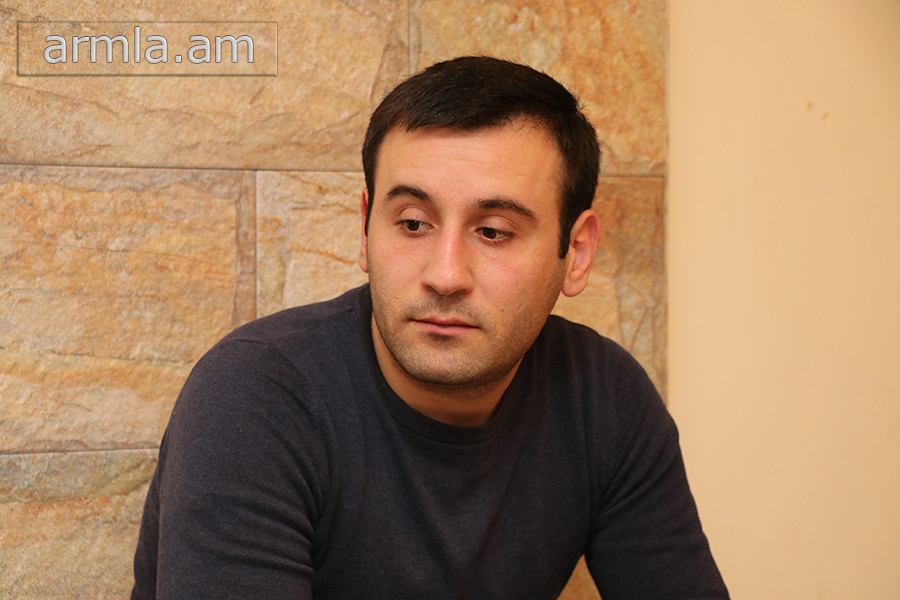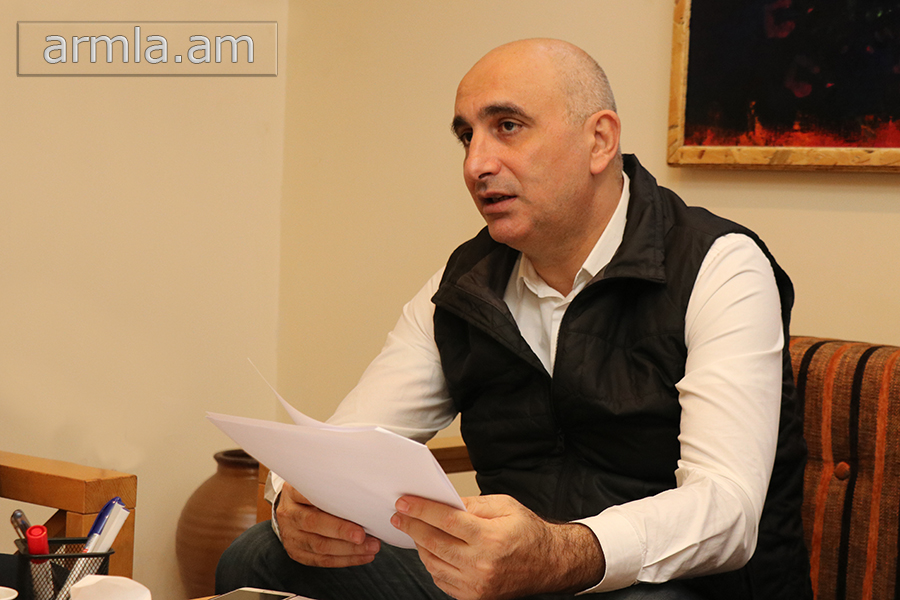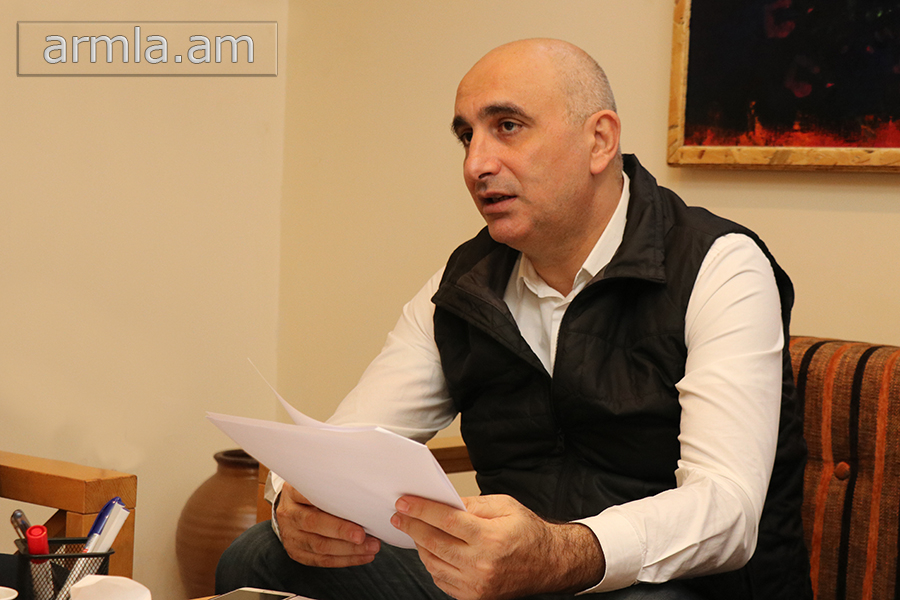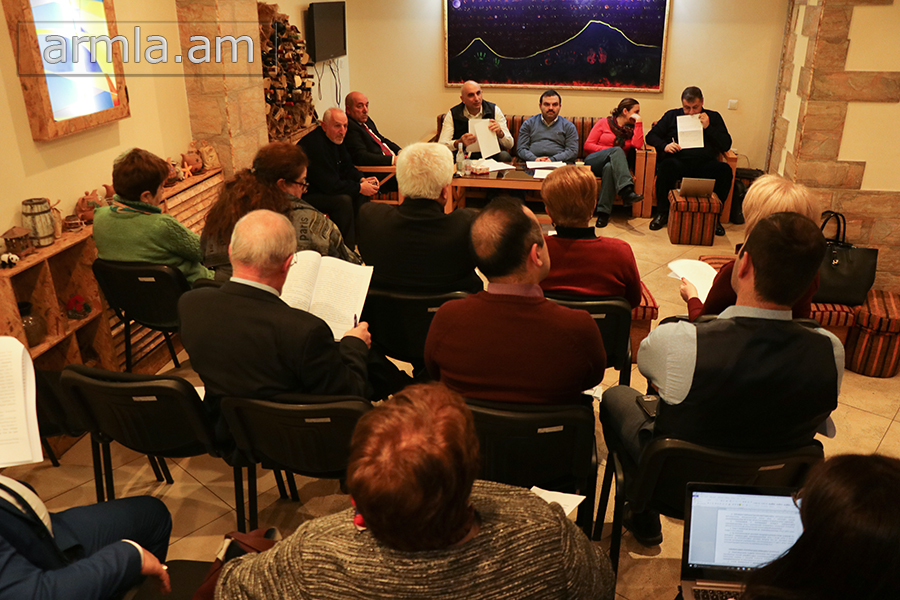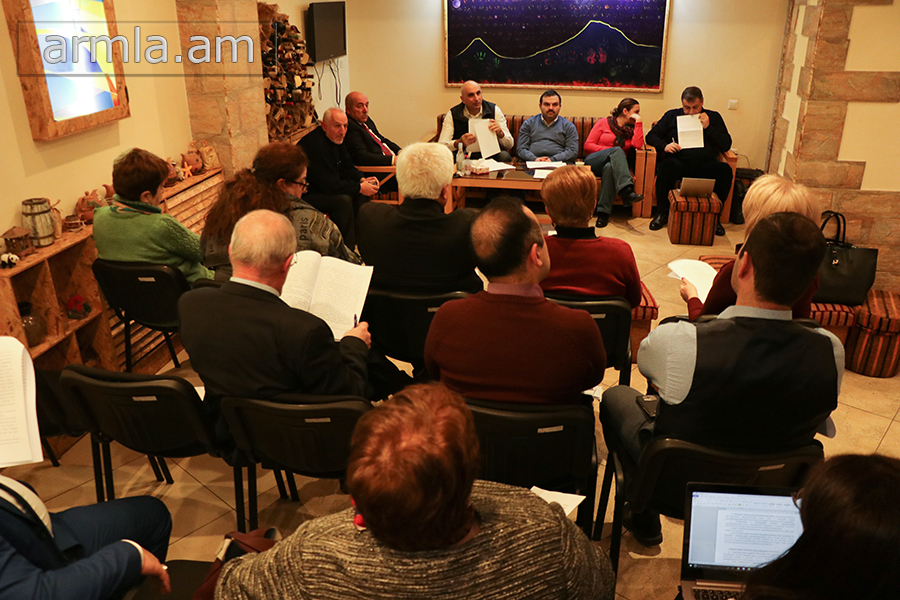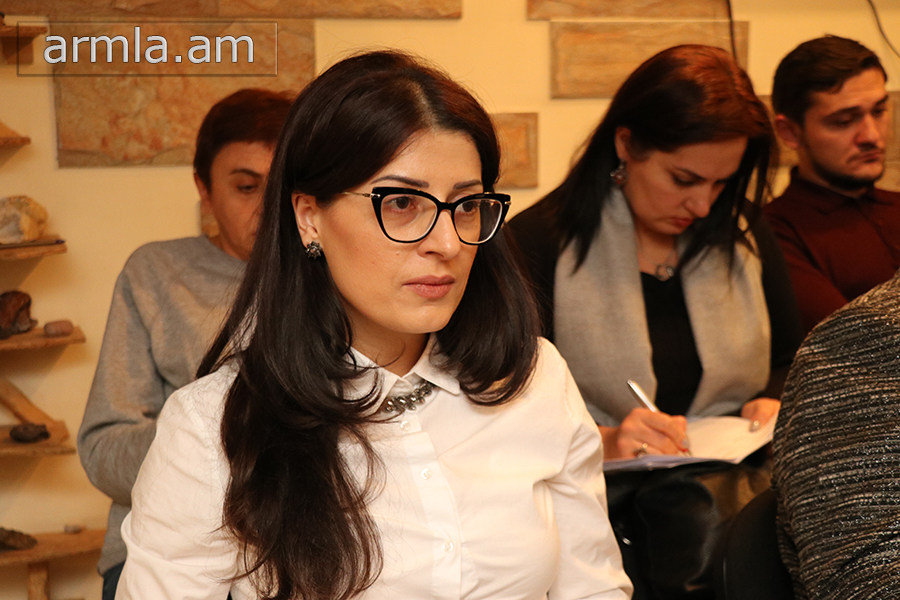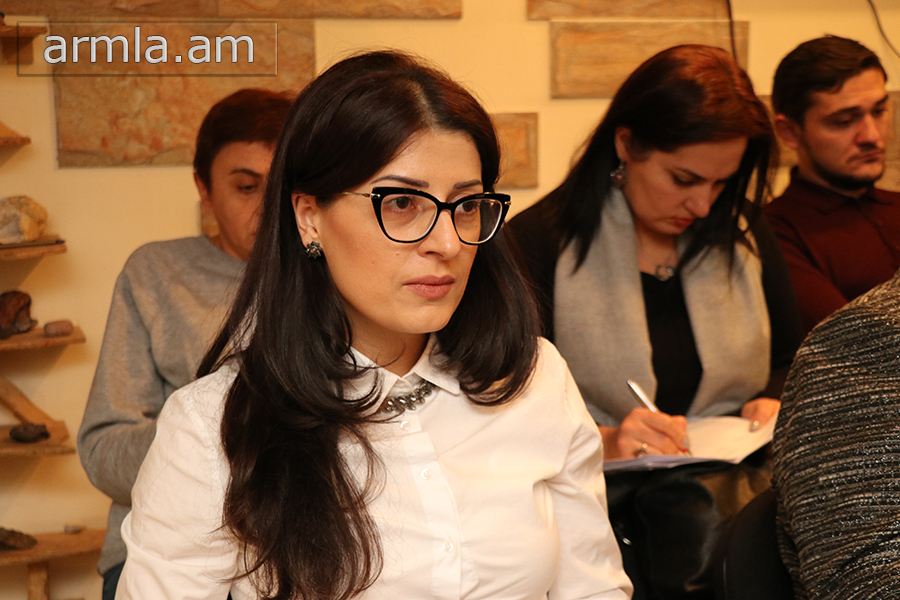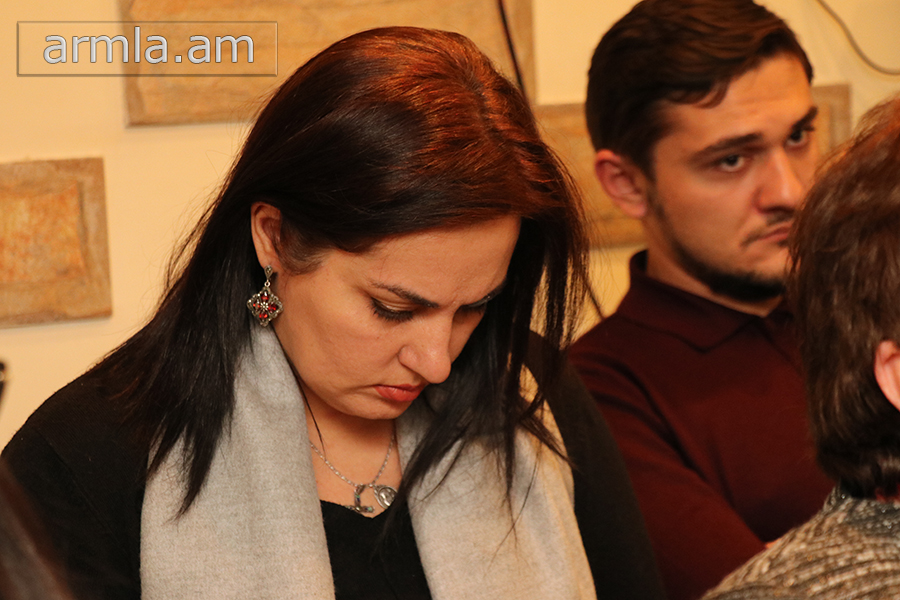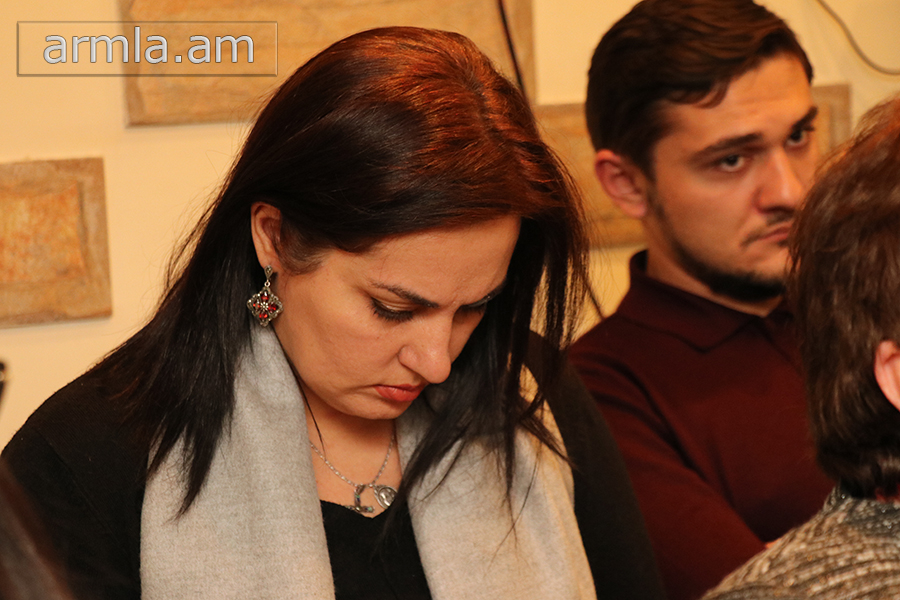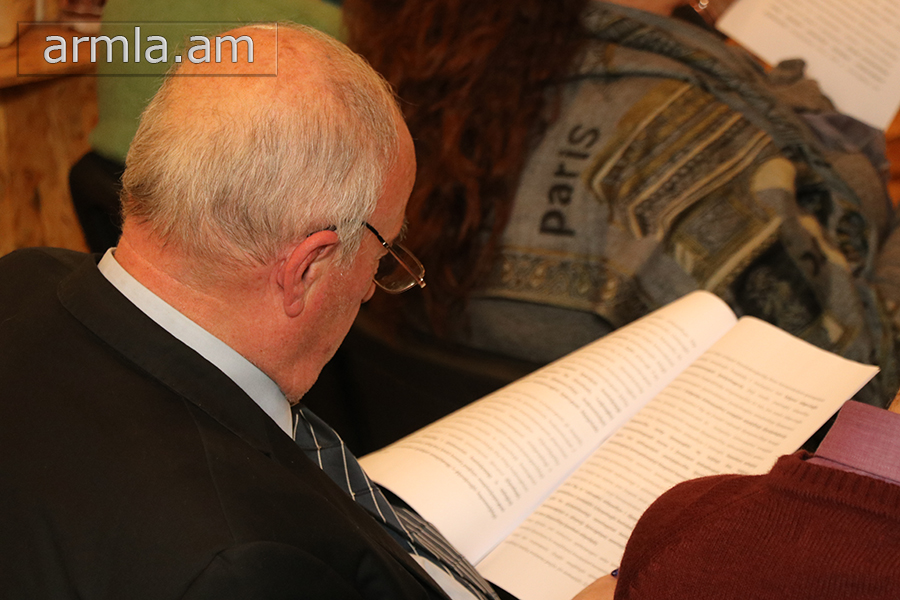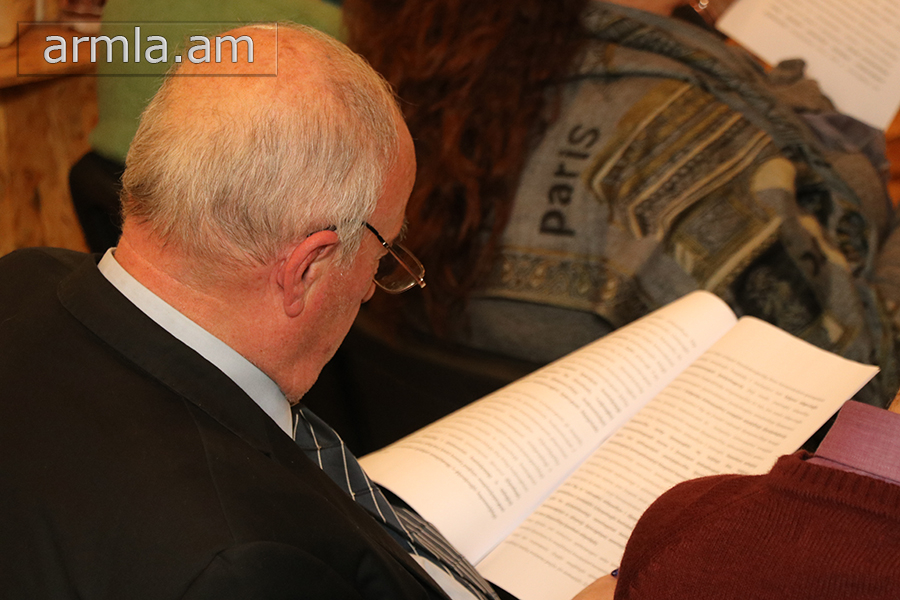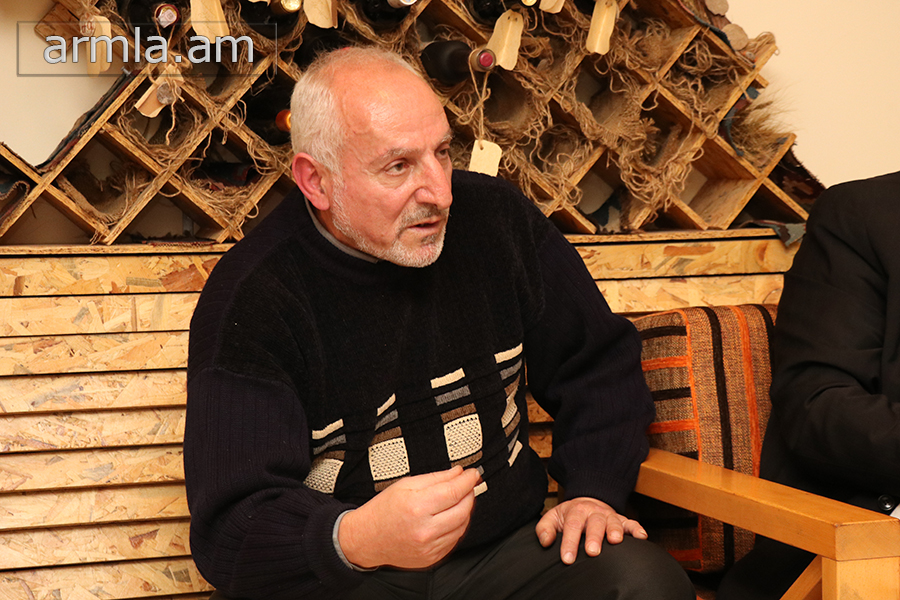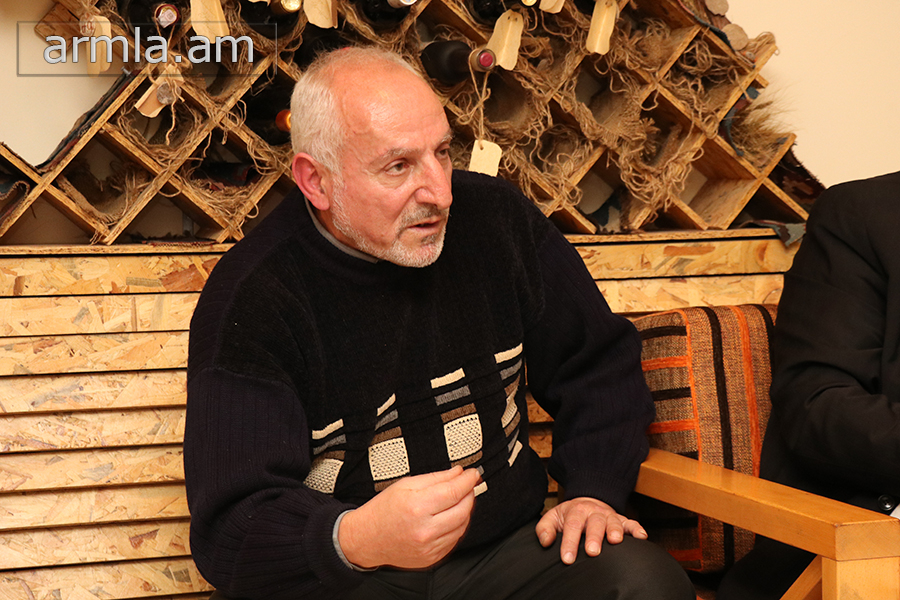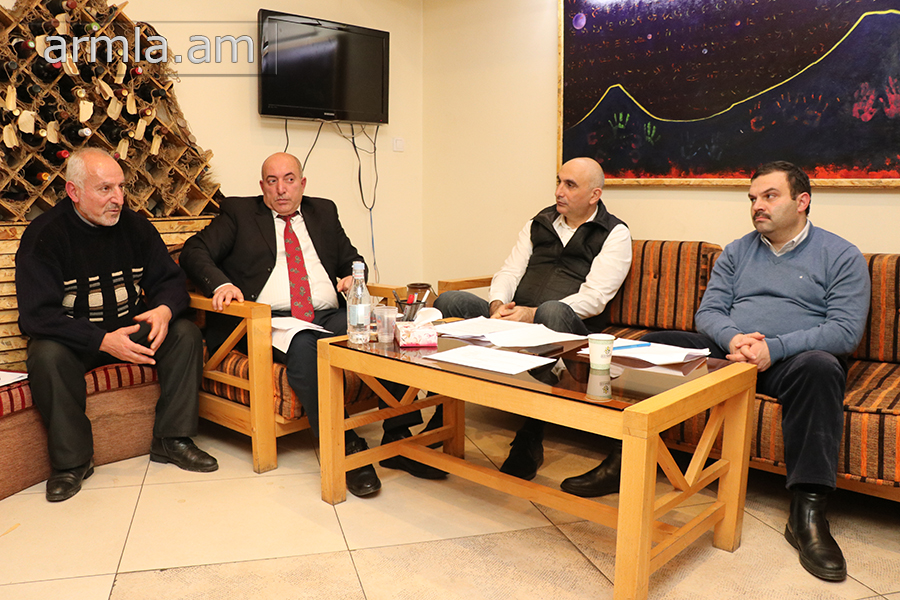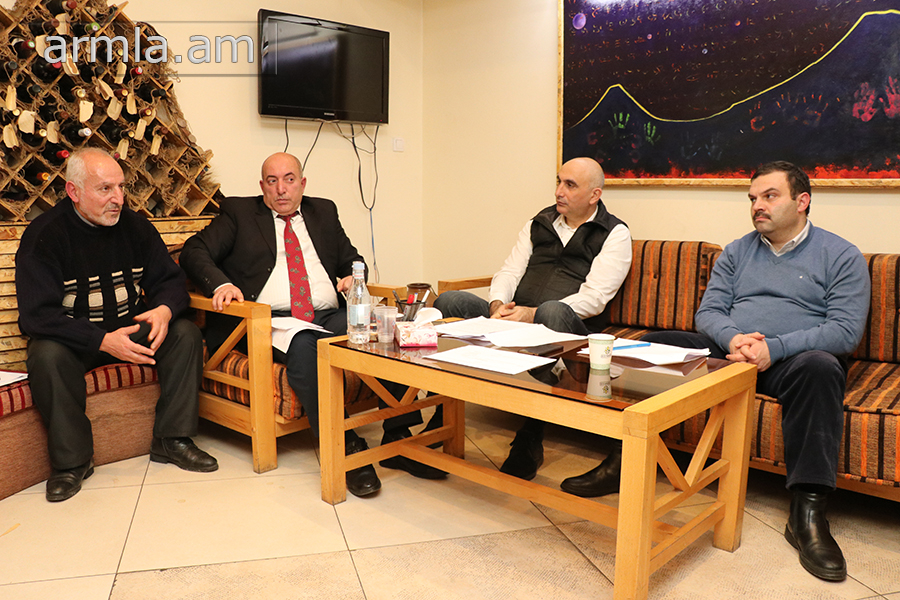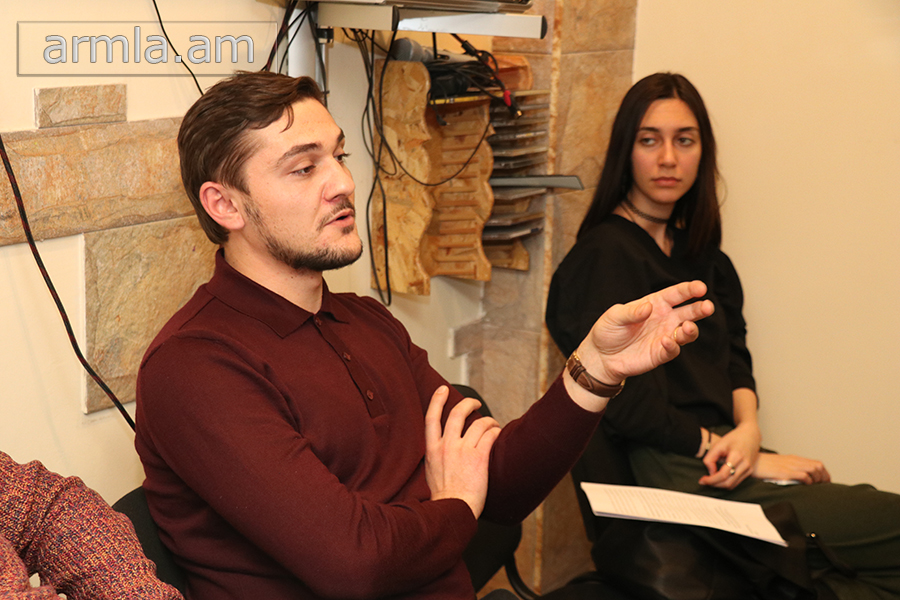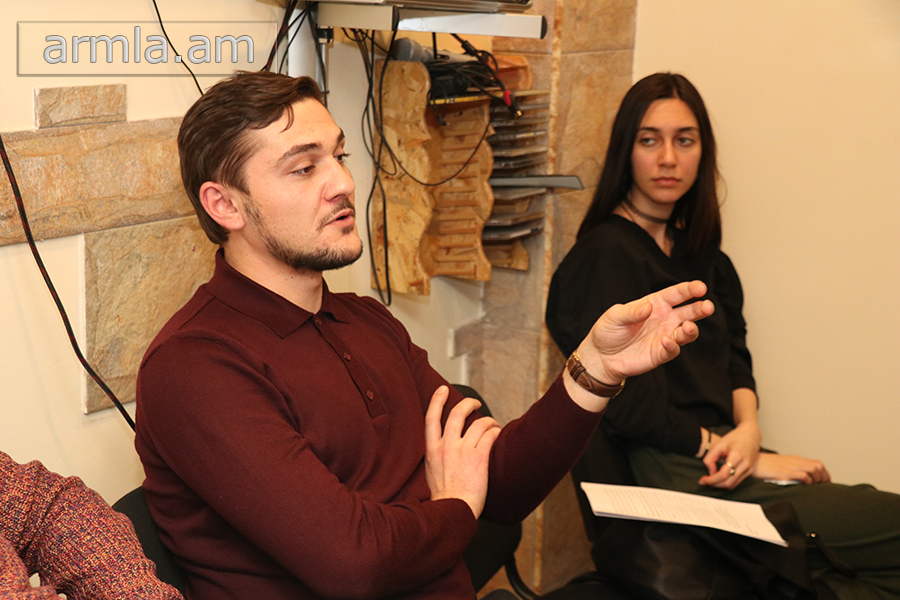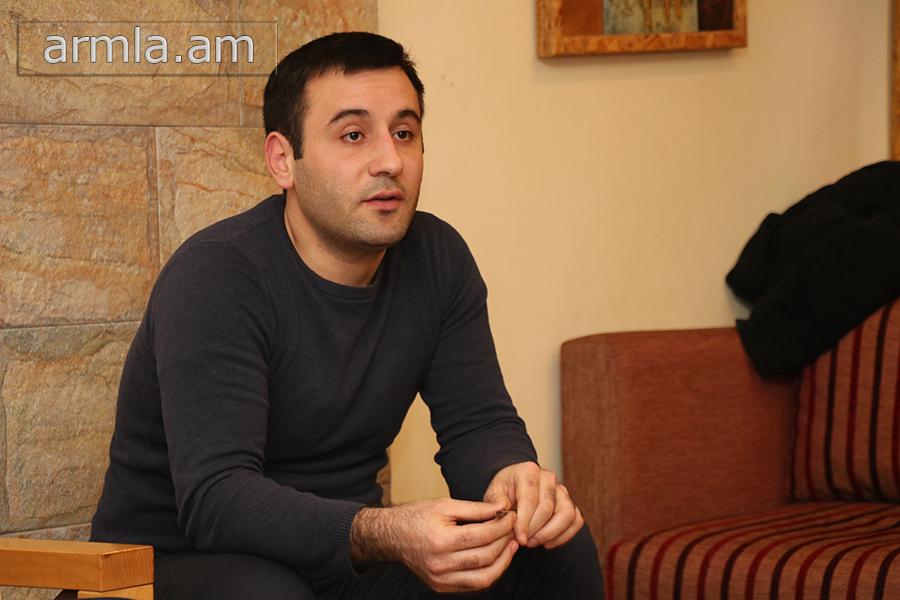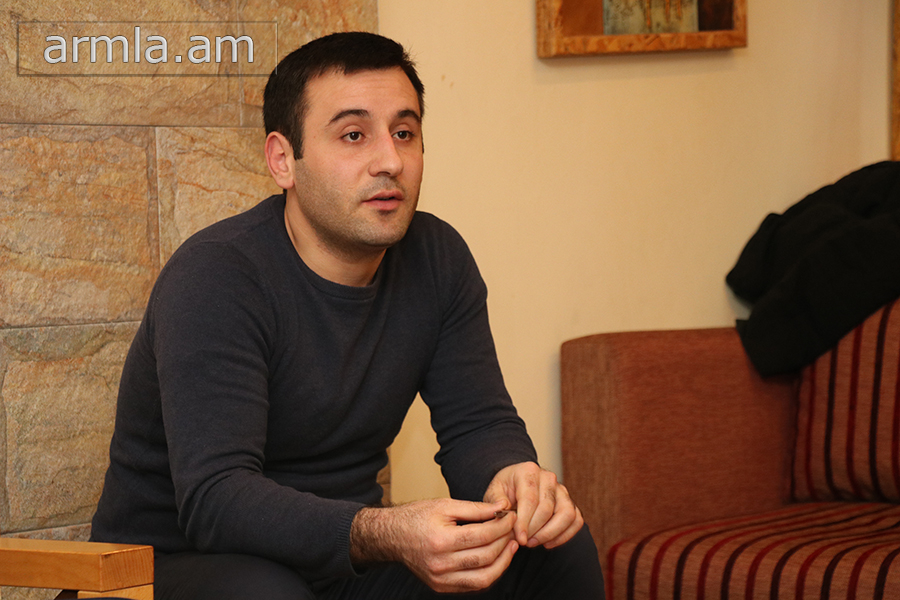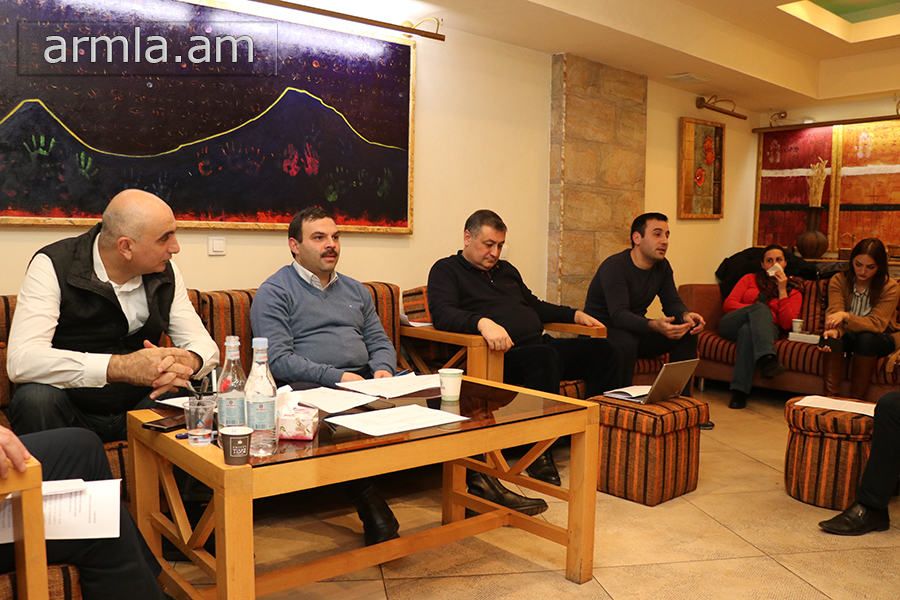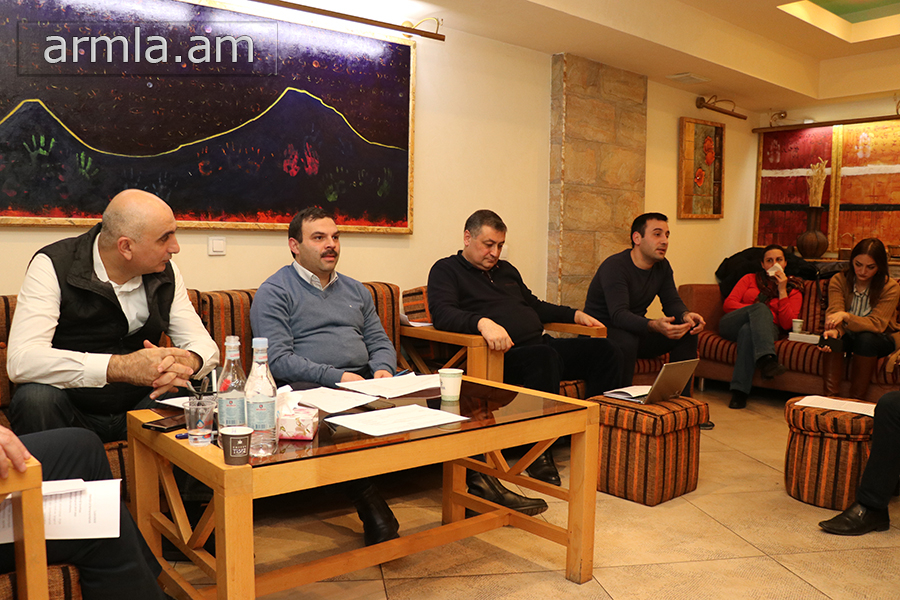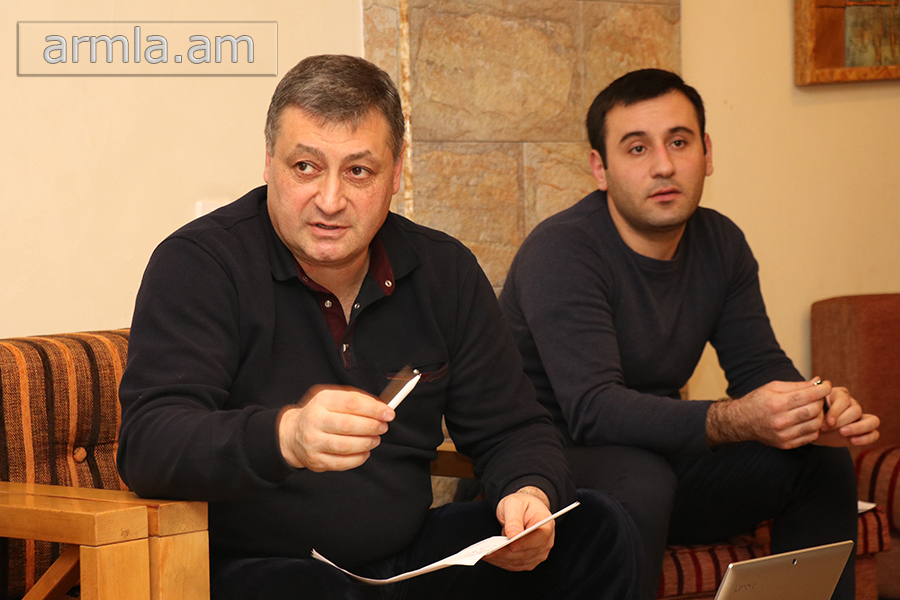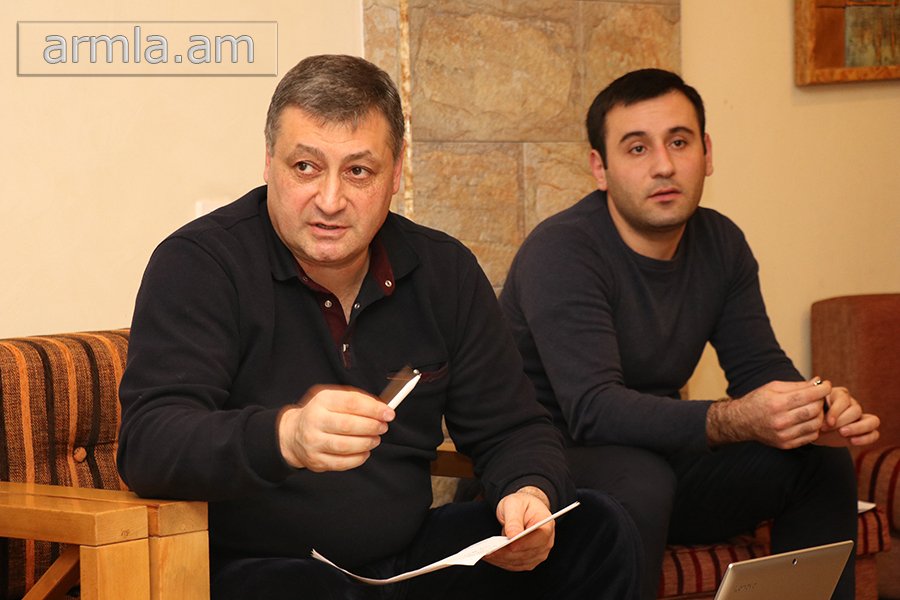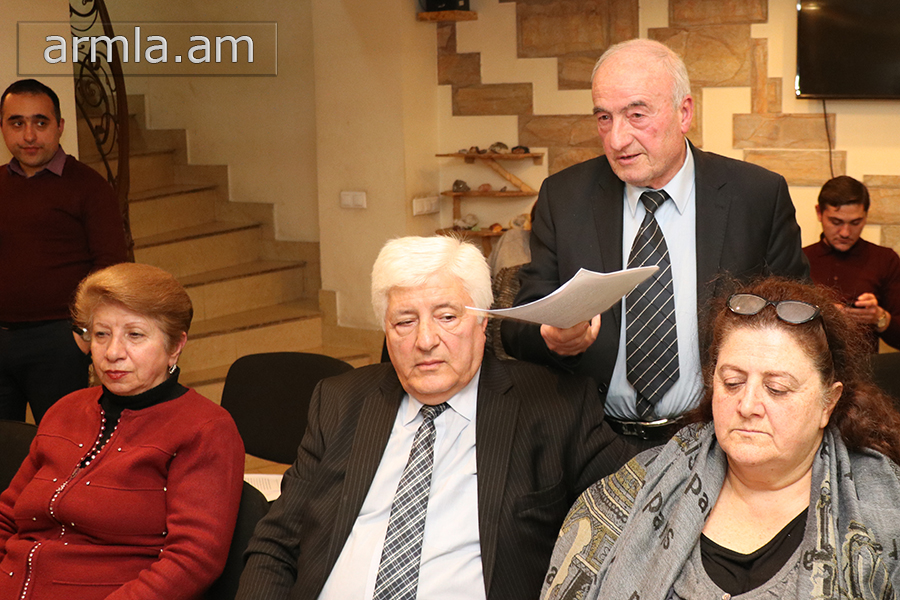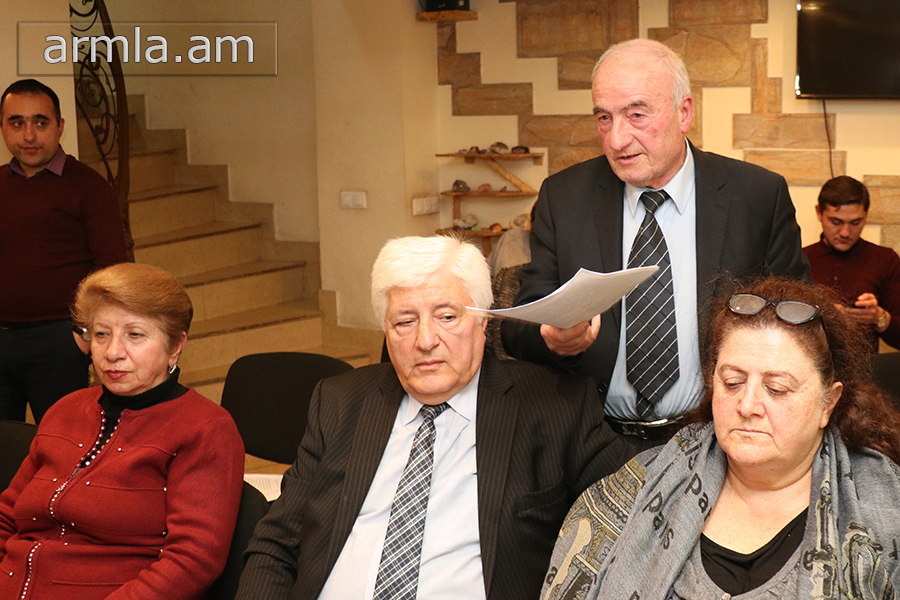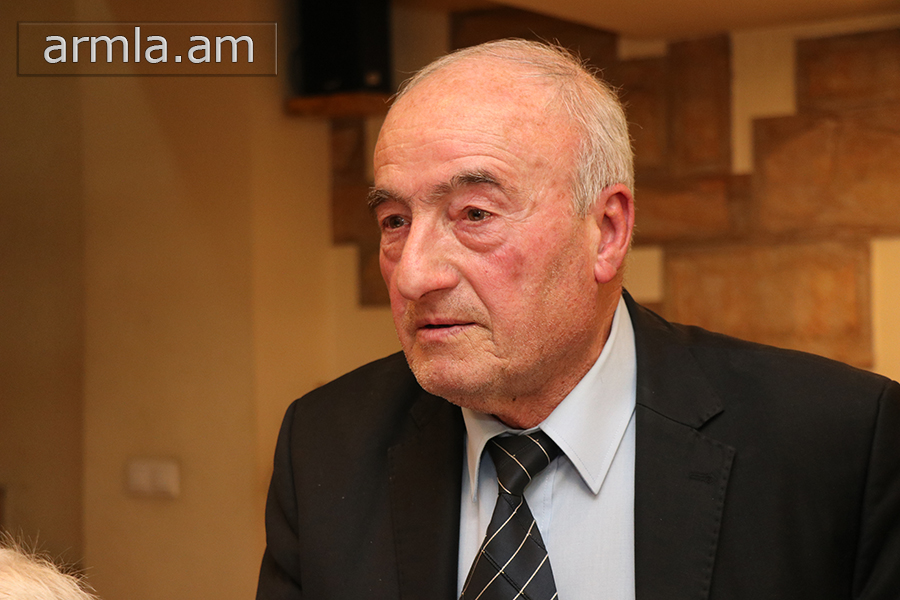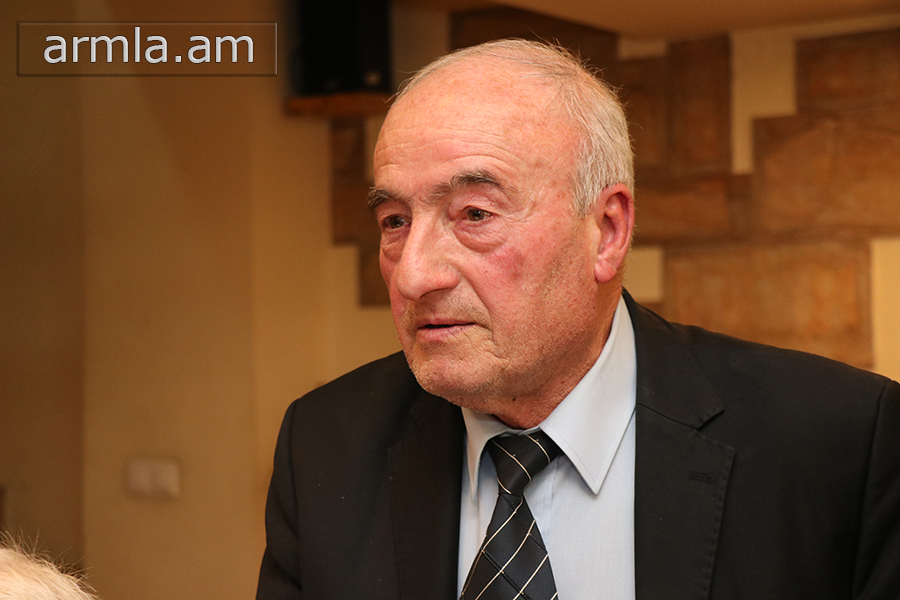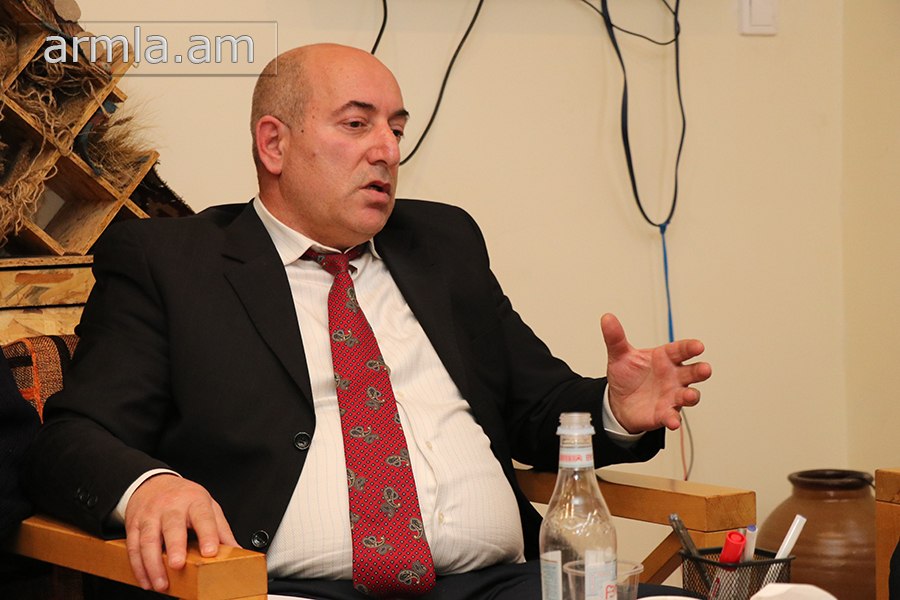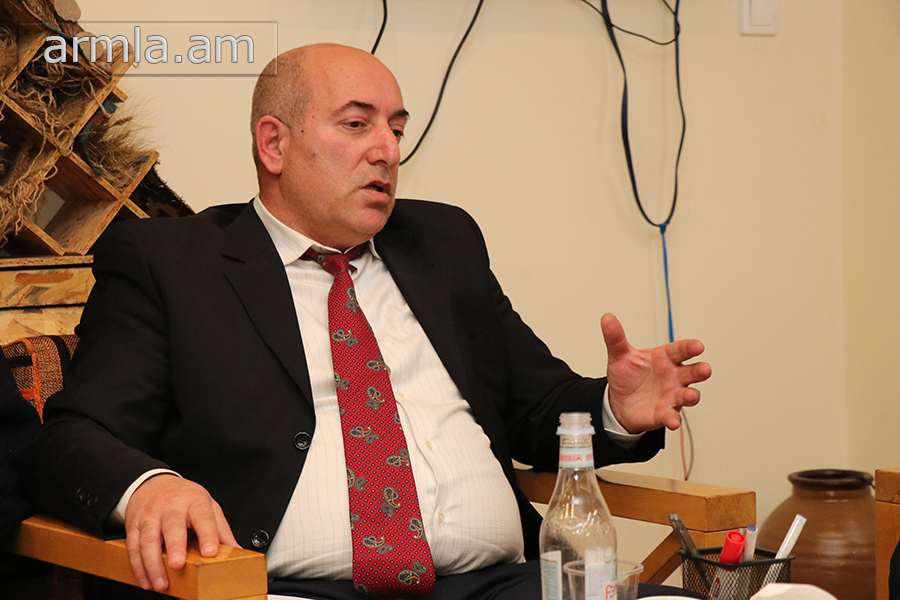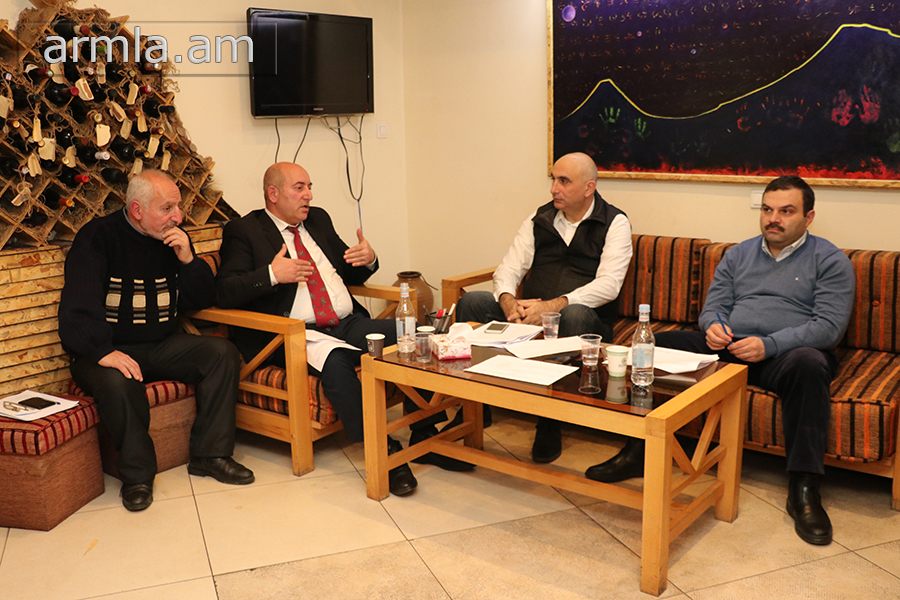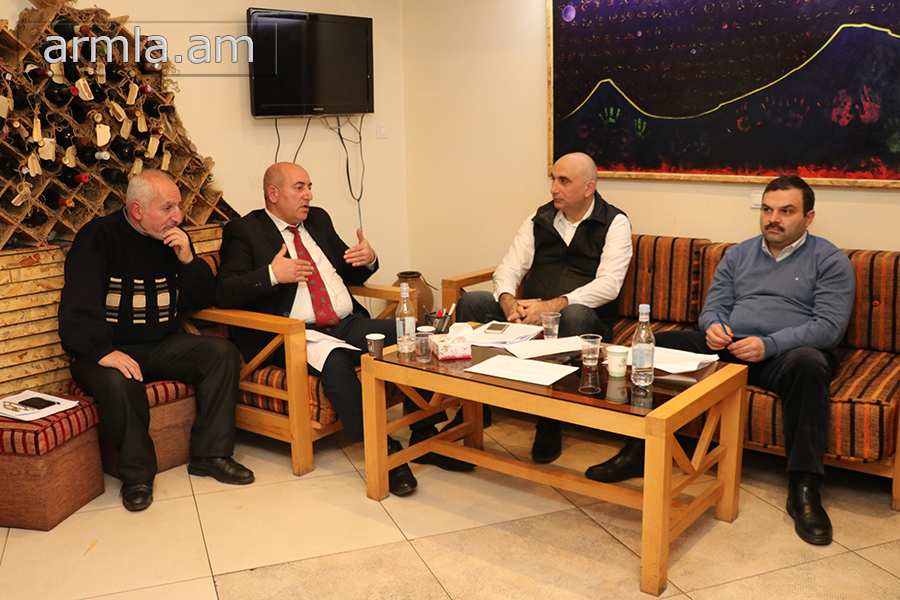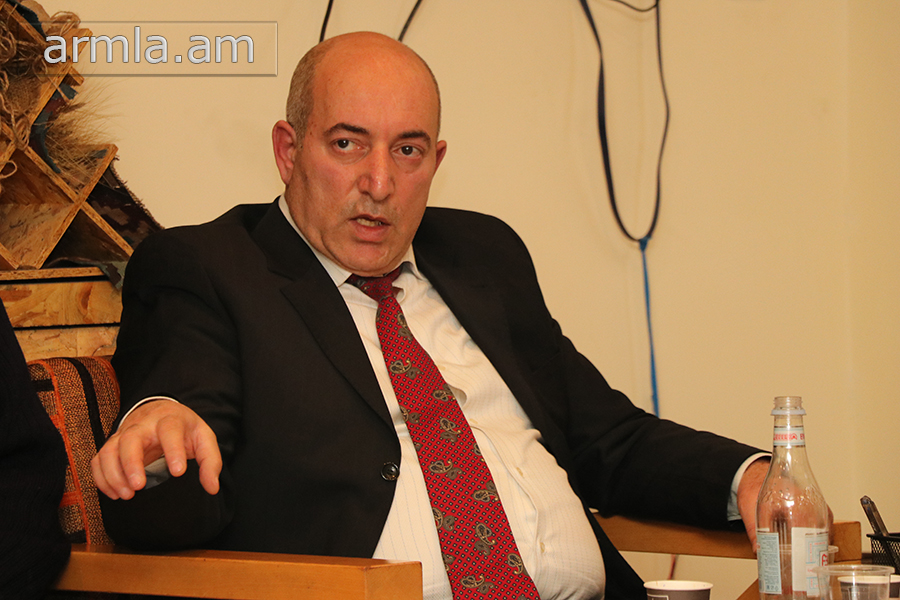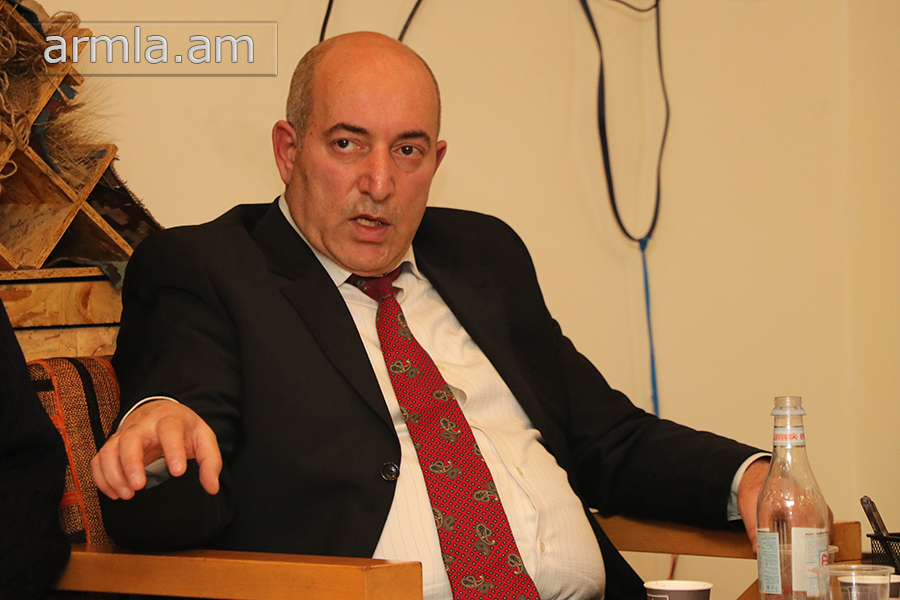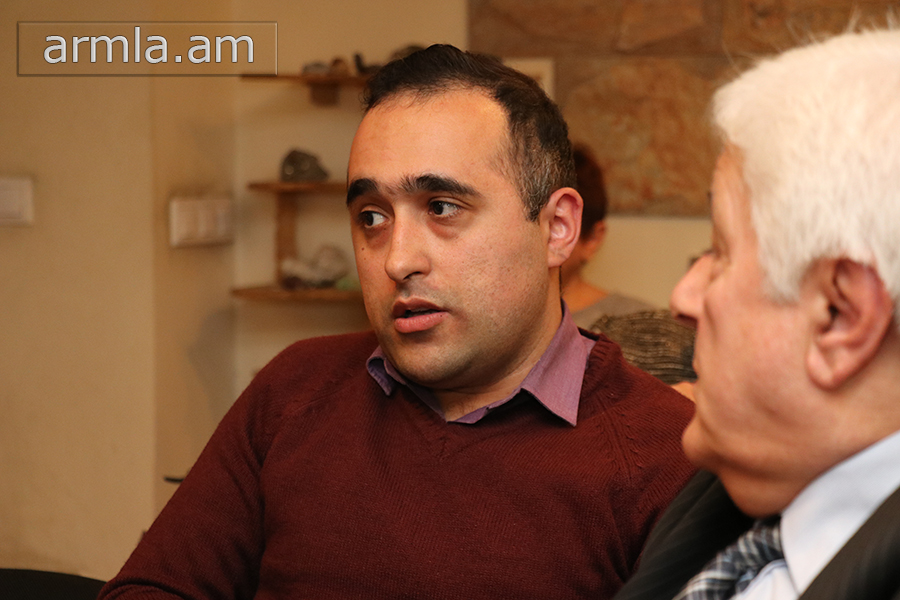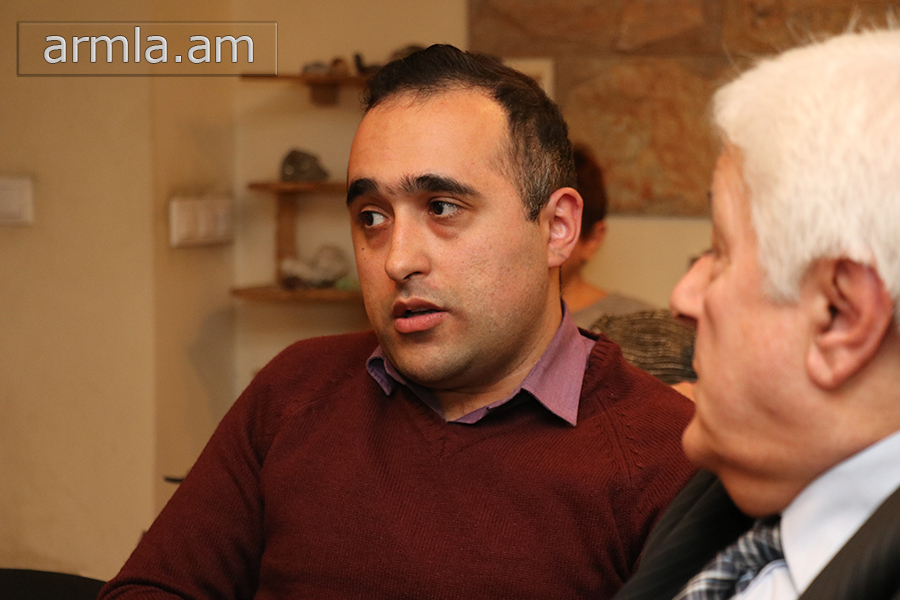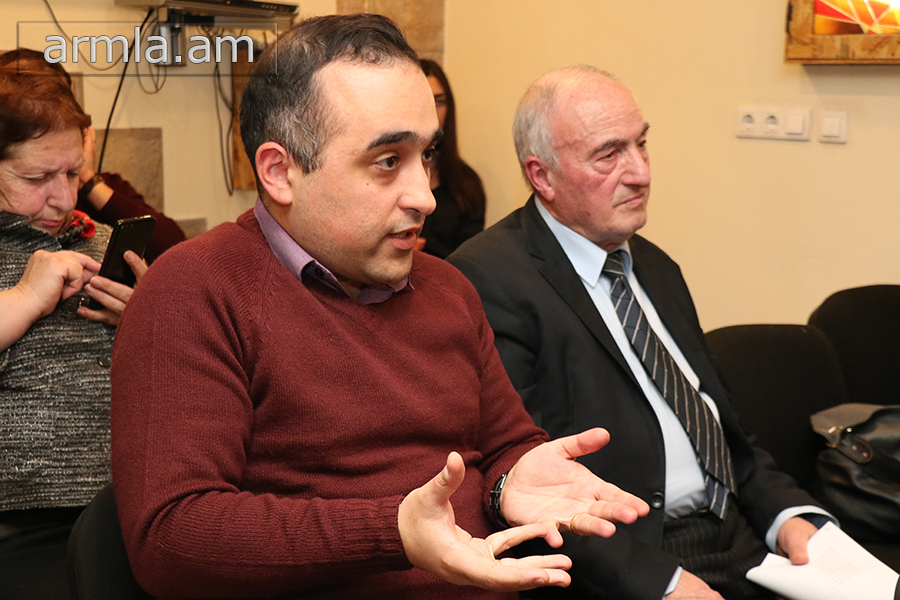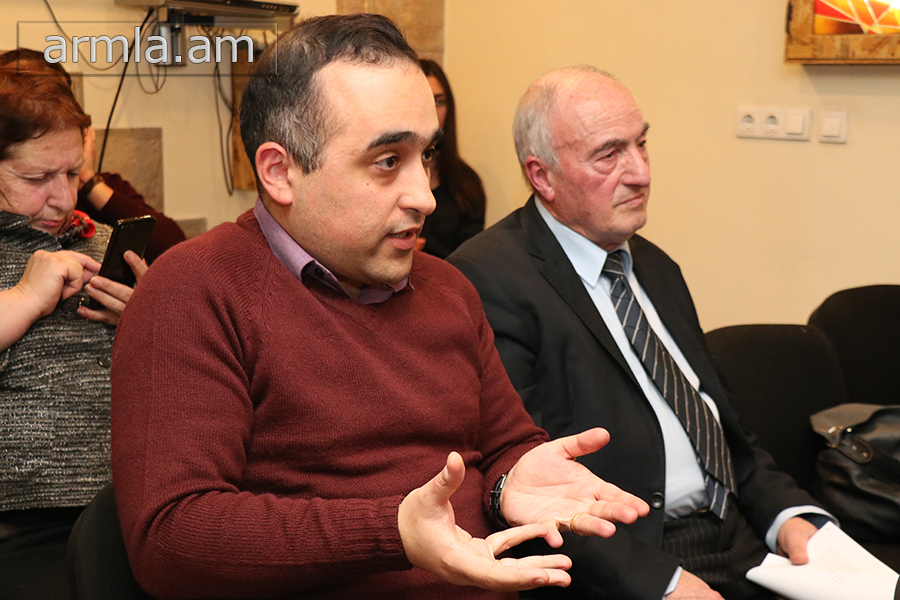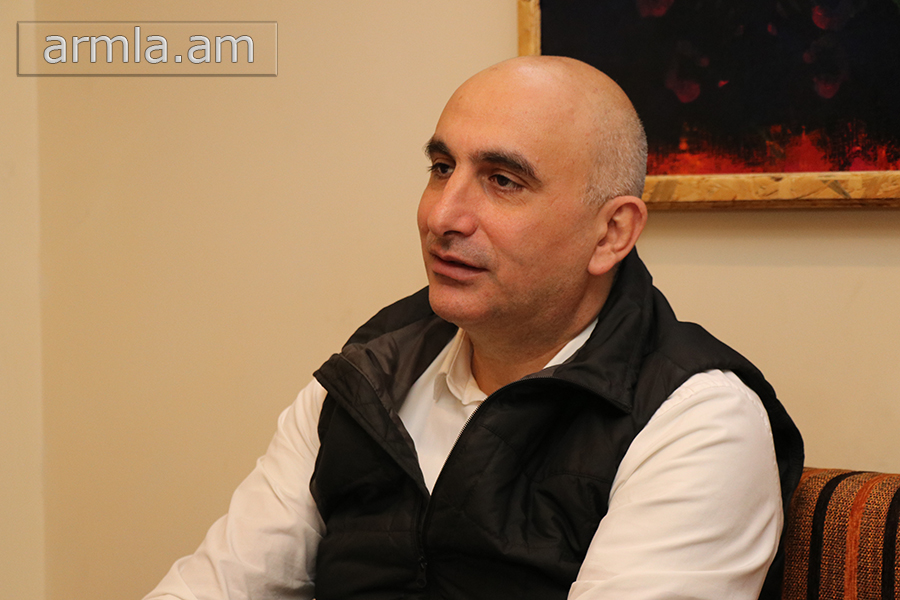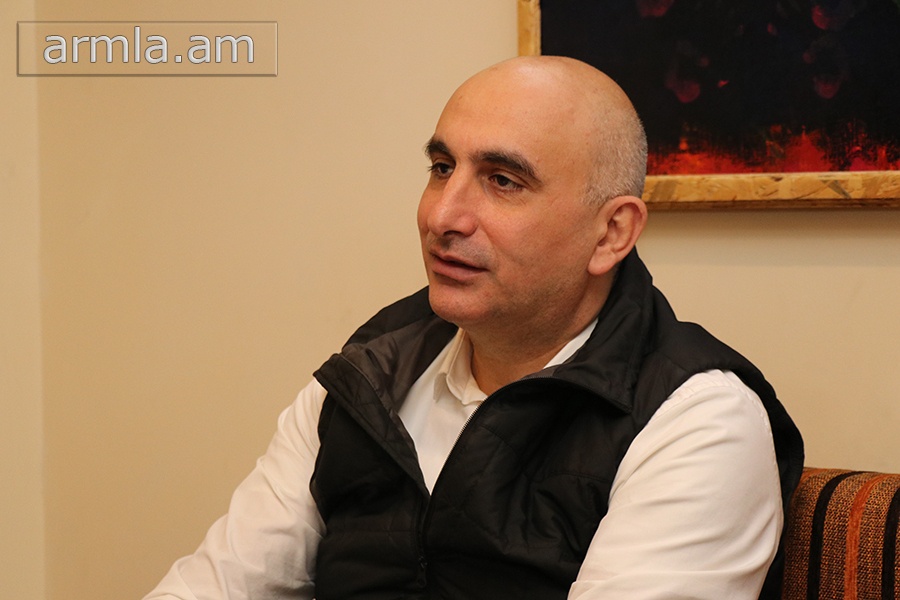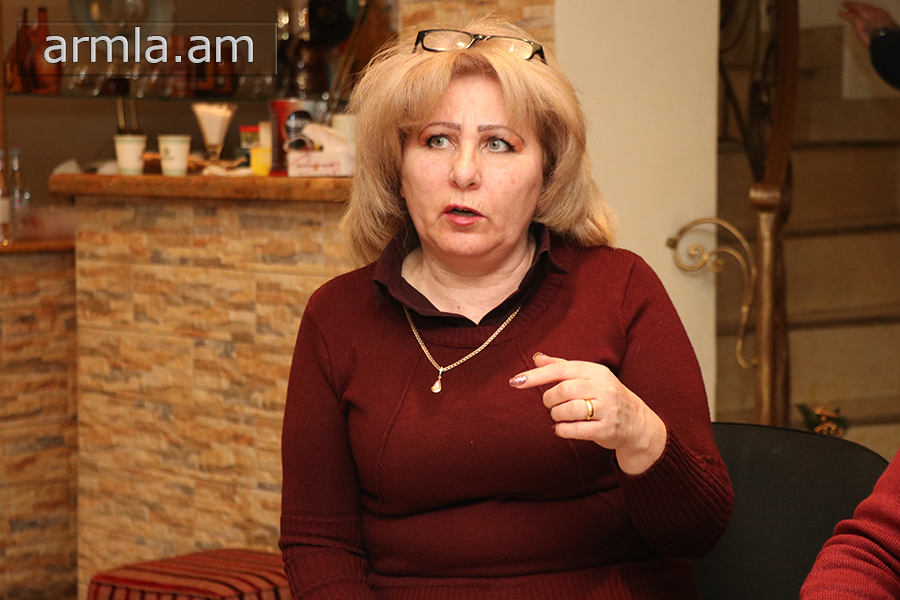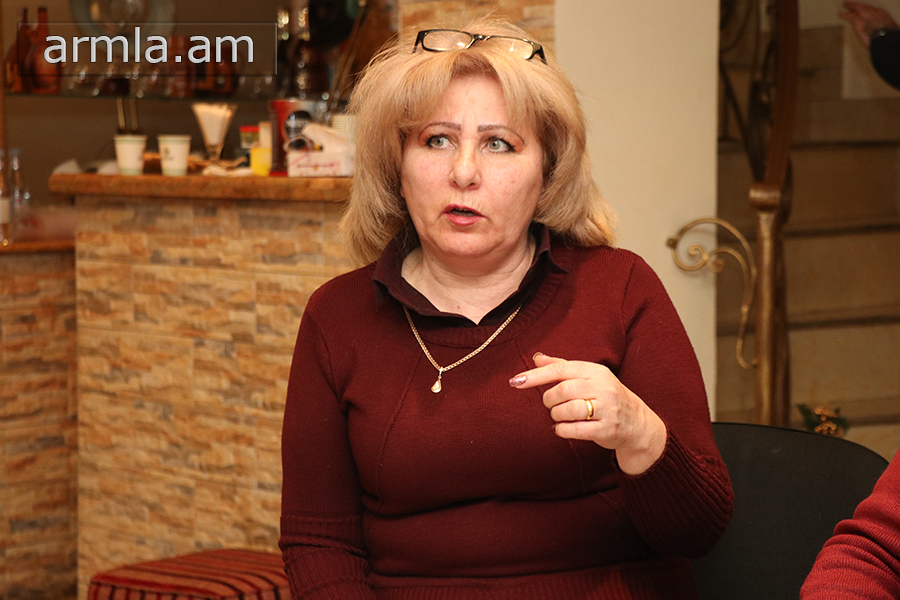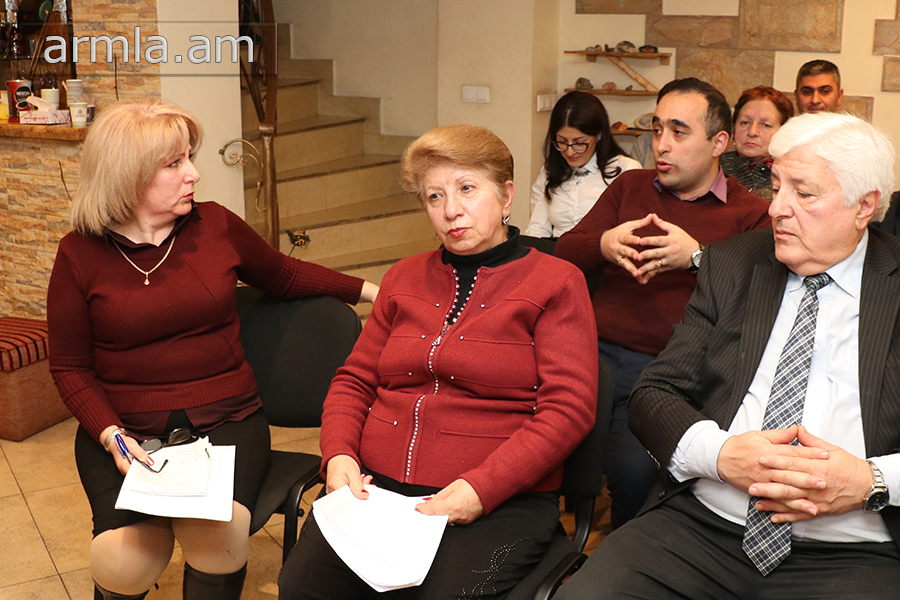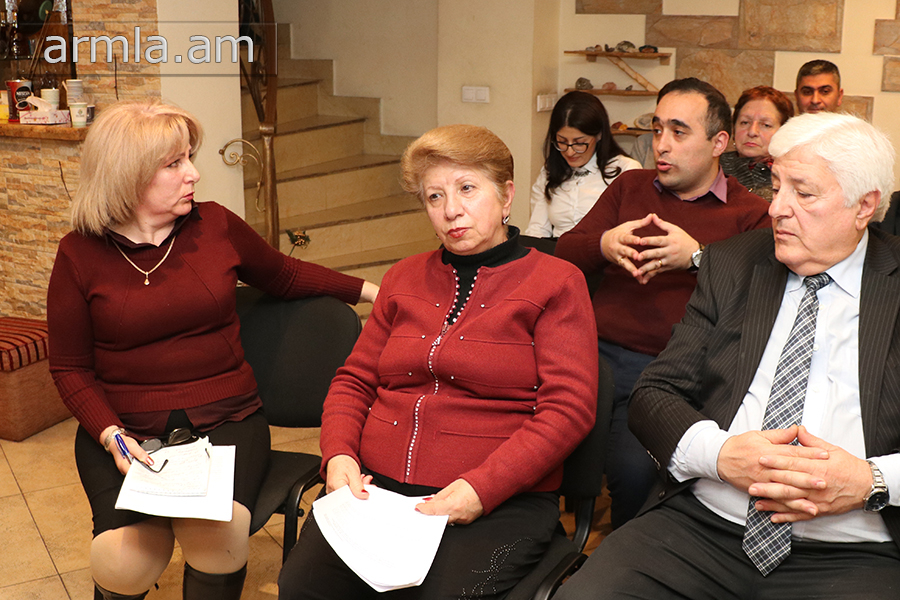
On 16 January, the Committee of State and Legal Affairs of the Public Council held a meeting to discuss the “Draft RA Anti-Corruption Strategy and Action Plan for its Implementation for 2019-2022”.
On 19 December, 2018, the RA Ministry of Justice presented the draft document to the public discussion.
Karen Zadoyan, Chairman of the Committee on State and Legal Affairs of the RA Public Council, President of the Armenian Lawyers’ Association, noted that the anti-corruption strategy should be in line with the principles provided for drafting of such strategies in the international documents, in particular, with the principles of Kuala Lumpur’s Statement on Anti-Corruption Strategies, of 21-22 October, 2013. It should proceed from the obligations undertaken under by the Republic of Armenia issuing from the international treaties and be in line with the recommendations included in the reports of the international institutions, as well as the requirements of the domestic legislation for such strategic documents.
“This document should be made so that ordinary citizens read and understand what will change in their lives as a result of its implementation,” K. Zadoyan said. According to Mr. Zadoyan, it is not expedient to include such minor issues as digitizing of work record cards, etc.
Referring to the issue of having an independent anti-corruption body, Karen Zadoyan mentioned that in recent years more than a dozen bodies that were and are engaged in fighting corruption can be listed, however there is no single body responsible for the results of that struggle. That is, until now there was a decentralized model of the fight against corruption, which has not justified itself.
At the same time, the anti-corruption strategy submitted for public discussion is not intended to create an independent anti-corruption body, which will have corruption prevention, anti-corruption education, preliminary investigation, investigation and operational-intelligence functions. Meanwhile, in his public speeches, Armenian Prime Minister Nikol Pashinyan has repeatedly touched upon the question of having an independent anti-corruption body and emphasized the necessity of having such a body.
The participants also discussed the issue on the necessity of having a specialized court on corruption issues or Specialized Court Staff. Currently, a number of countries have specialized anti-corruption courts.
The draft strategy provides for the introduction of a register of beneficial owners. In this case only the register will be created and put in operation, which will provide the right and not the obligation to the legal entities to disclose the beneficial owners. That is why it is proposed to establish a roster of beneficial owners, where all legal entities will be obliged to register and disclose their beneficial owners .
Mr. Hovhannes Hovhannisyan, a member of the Public Council, stated that there is little room in the strategy for participation of civil society organizations (CSOs) and mass media (media). Throughout the stages of implementing the measures provided in the strategy, starting with the stage of developing anti-corruption policy, document review and expertise, public awareness and educational programs, monitoring and evaluation of the ongoing activities, it is necessary to envisage and broaden the participation and role of non-governmental organizations and the media. In particular, in order to discuss the provisions of anti-corruption policy and to elaborate relevant legal and regulatory documents, the platform of the Public Council, organizing discussions in the PC boards and working groups will be useful.
Marat Atovmyan, a member of the Public Council, noted that though a separate section of the draft was provided to address public awareness and anti-corruption education, measures to place the anti-corruption education on the contextual basis in the three level education system, which also stems from the OECD report have not been included in that section. Meanwhile, the issue of anti-corruption education has a significant role in forming public intolerance towards corruption among the generations, and the key actors of the three level education system of the country should undertake their share of responsibility for solving this task..
The members of the Committee of State and Legal Affairs of the Public Council also made a number of other proposals, which will be included in the package of proposals to be submitted to the Public Council of Armenia, which after the approval by the Public Council will be submitted to the RA Ministry of Justice for incorporation in the final version of the document.

